
Redefining Urban Security for Inclusive Cities
Redefining Urban Security for Inclusive Cities The experience of the 2Nite Urbact network shows us how urban security is a complex and multifaceted concept, extending

Redefining Urban Security for Inclusive Cities The experience of the 2Nite Urbact network shows us how urban security is a complex and multifaceted concept, extending

In Quarticciolo, one of Rome’s most marginalised neighbourhoods, a humble boxing gym is transforming the lives of its youth. Established in 2015 by a group

How can cities function seamlessly both day and night? What happens when the 15-minute city concept meets the night-time economy? Can decentralising nightlife create safer,
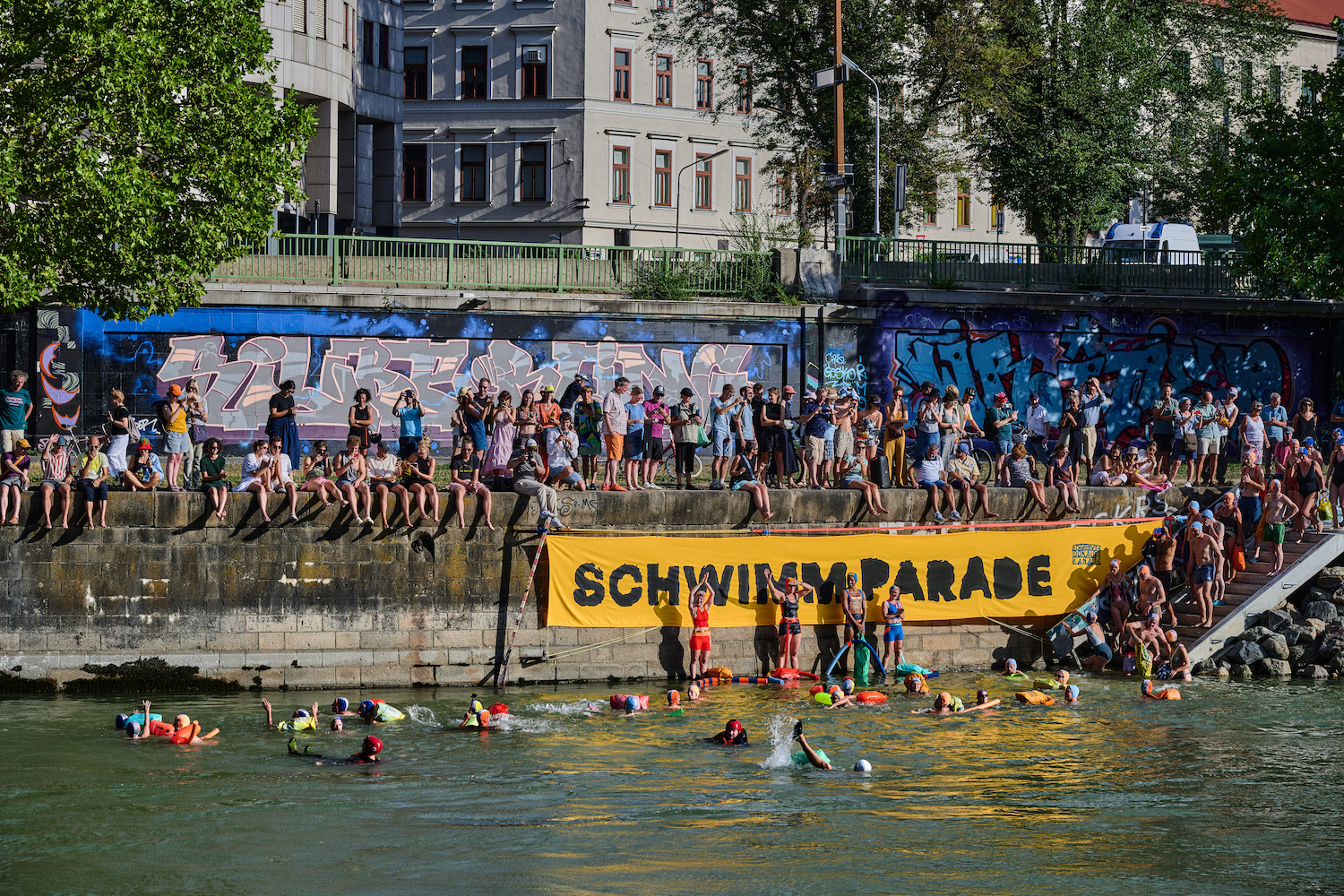
The Schwimmverein Donaukanal (SVDK) exemplifies how social design can transform urban environments through community engagement. The initiative began as a small social design research project
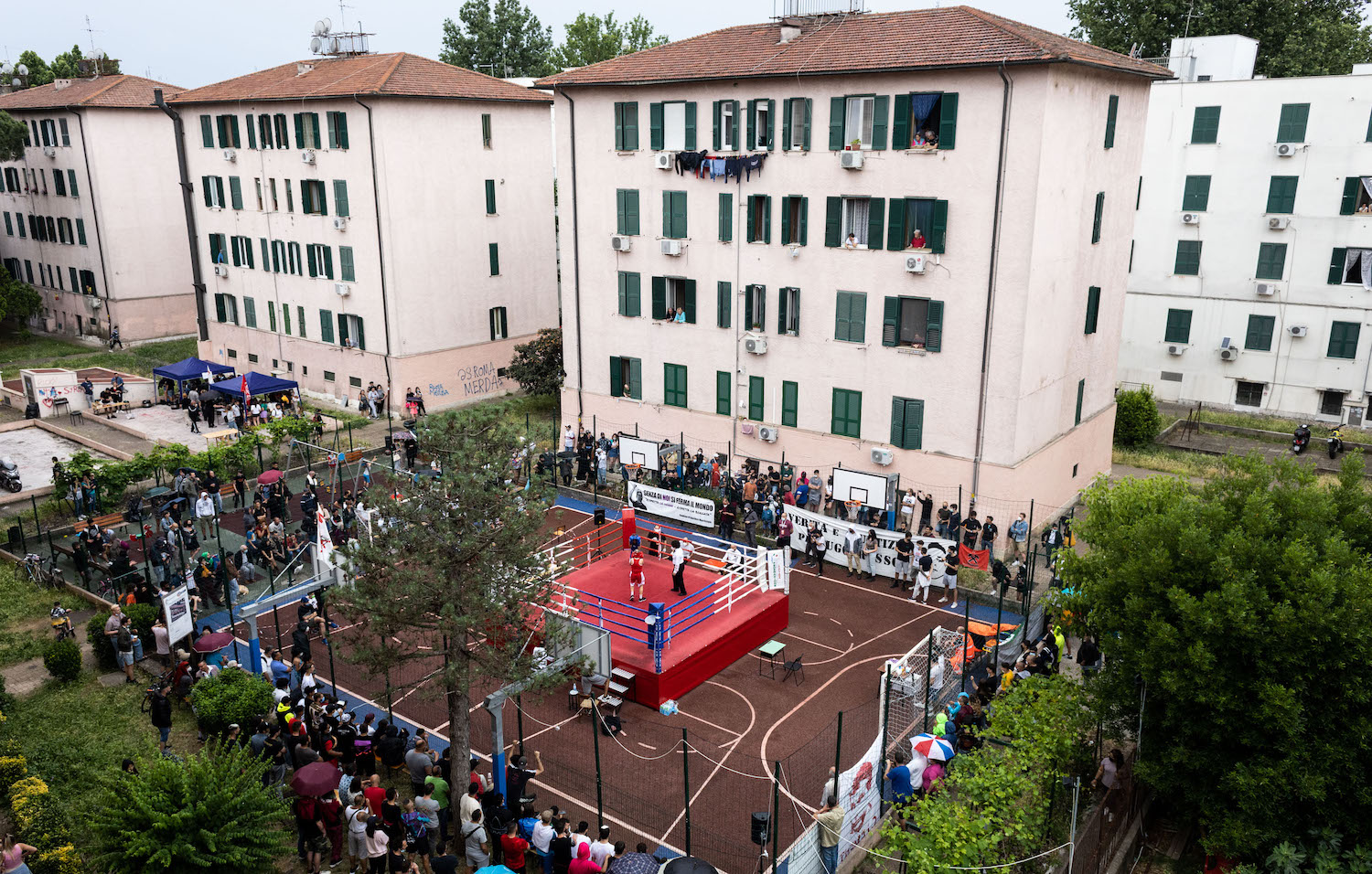
Quarticciolo, a historic and working-class district of Rome, is undergoing significant transformation. While the Italian government promotes the Caivano emergency decree—focused on security, control, and
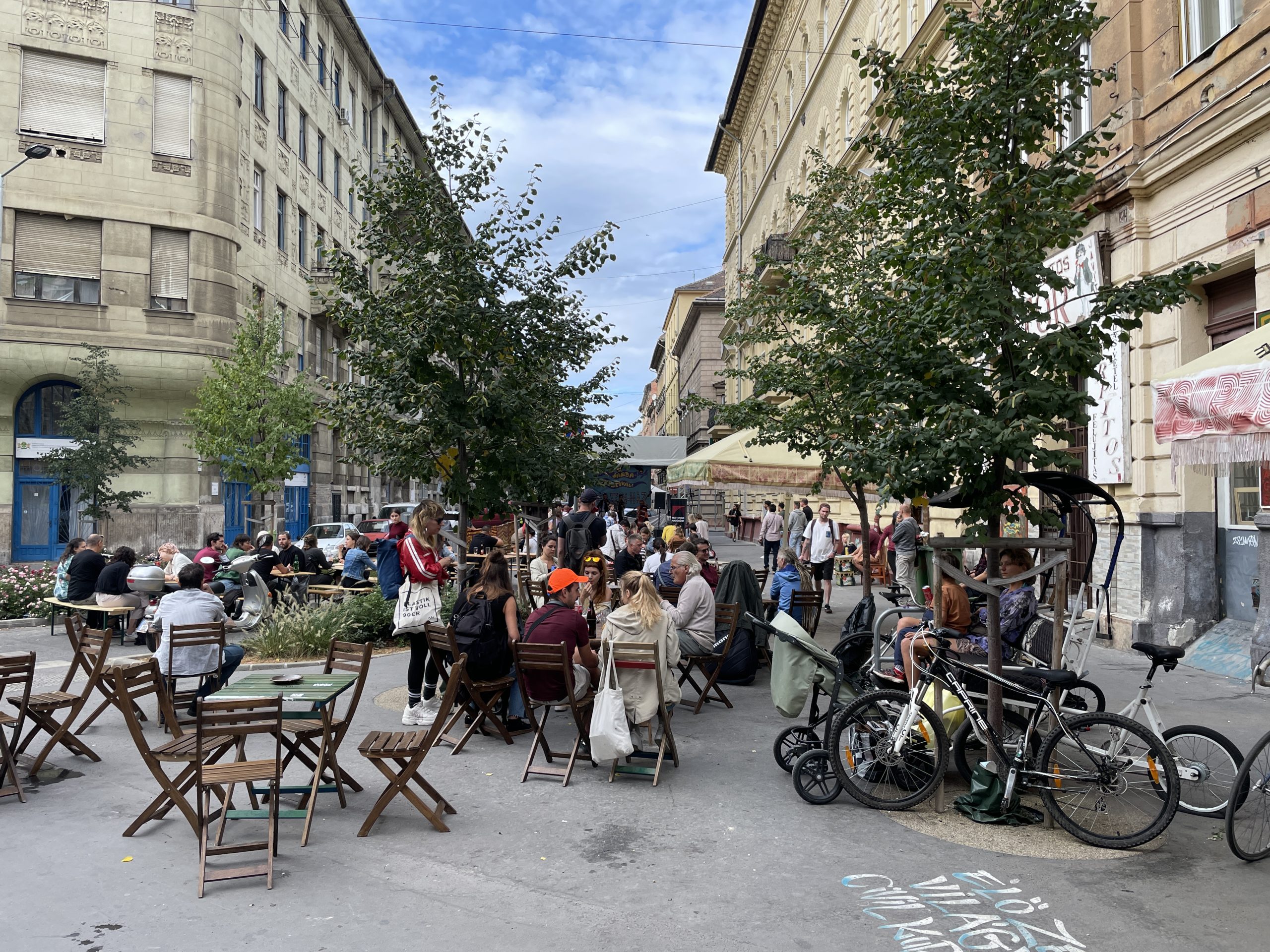
I’m walking down Budapest’s Népszínház Street. Leaving behind Blaha Lujza Square, one of the city’s major public transportation hubs, I’m entering Józsefváros, a district that
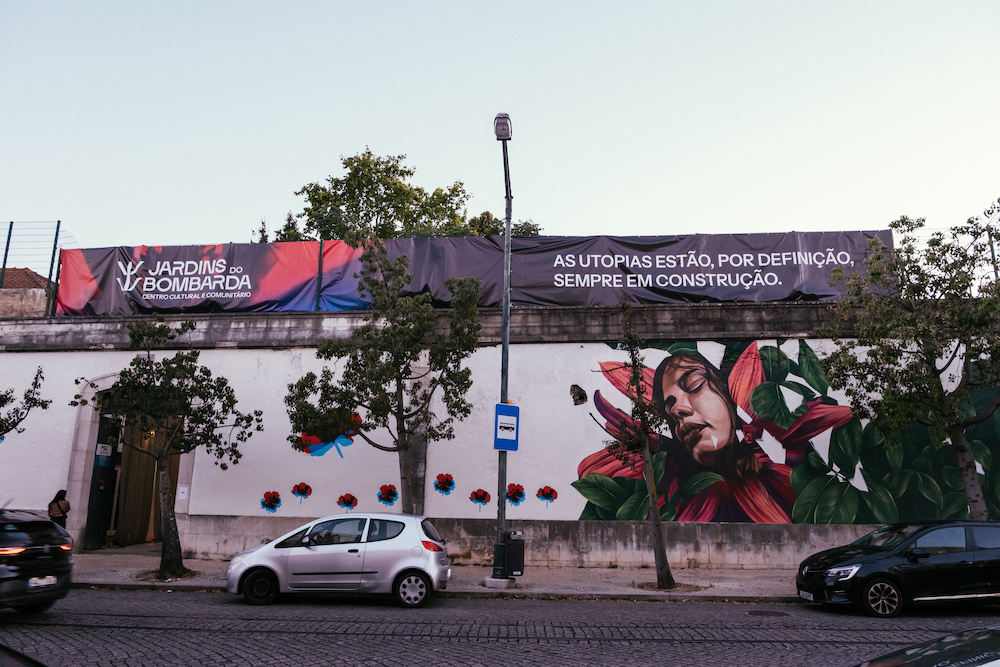
Jardins do Bombarda is a cultural and community centre run by Largo Residências, a cultural and social solidarity cooperative. The organisation moved to the premises
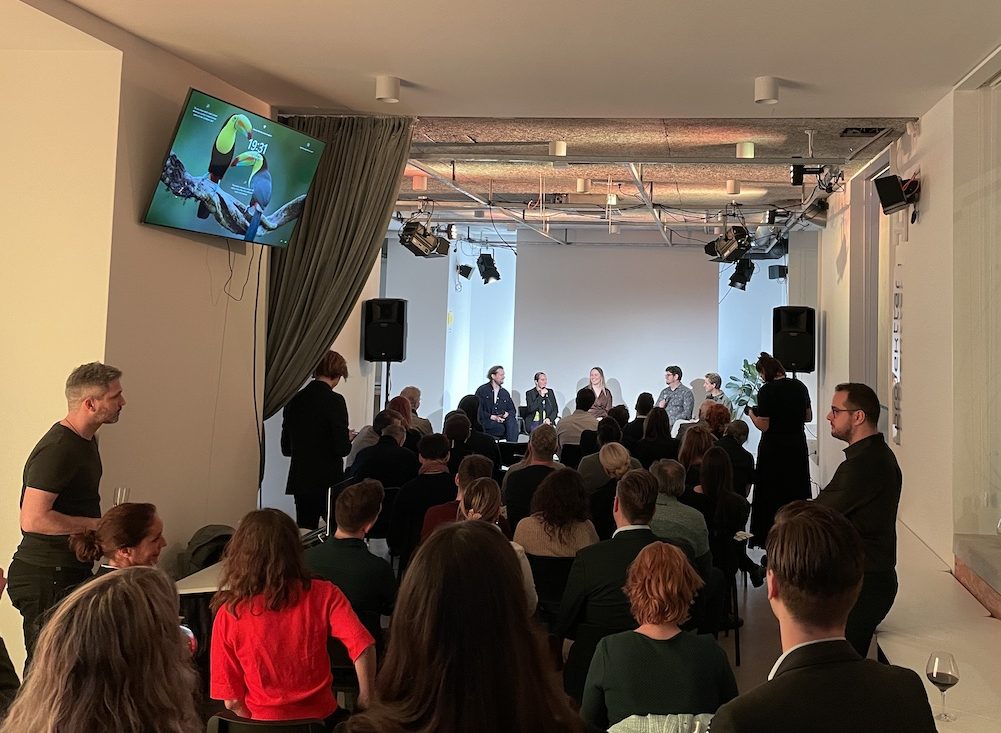
In the Bartók Cultural Quarter of Budapest’s Újbuda district – characterised by universities, cultural institutions, art galleries, tech companies, and restaurants – an important experimental

Yourspace.Sutton is more than a community garden. It provides workshops to kids, supports social therapeutic activities, and hosts local sustainable businesses in a horticultural environment.
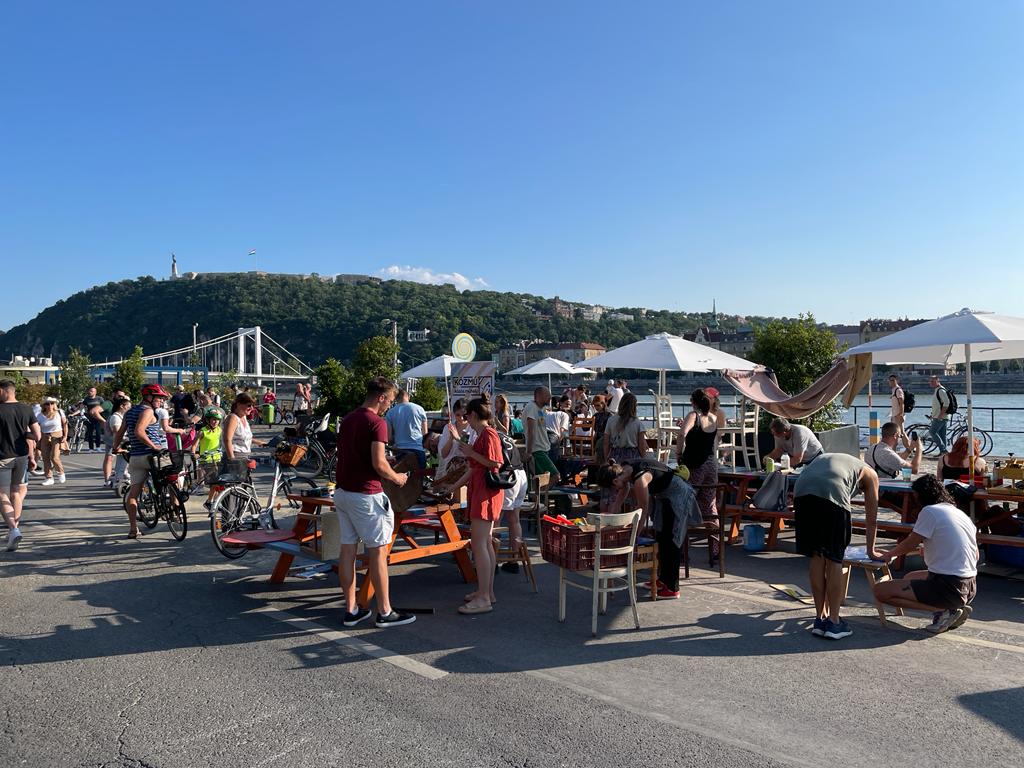
Independent culture is a vital ingredient of Hungary’s cultural landscape. While Budapest remains a thriving metropolis with a strong independent scene and many smaller towns
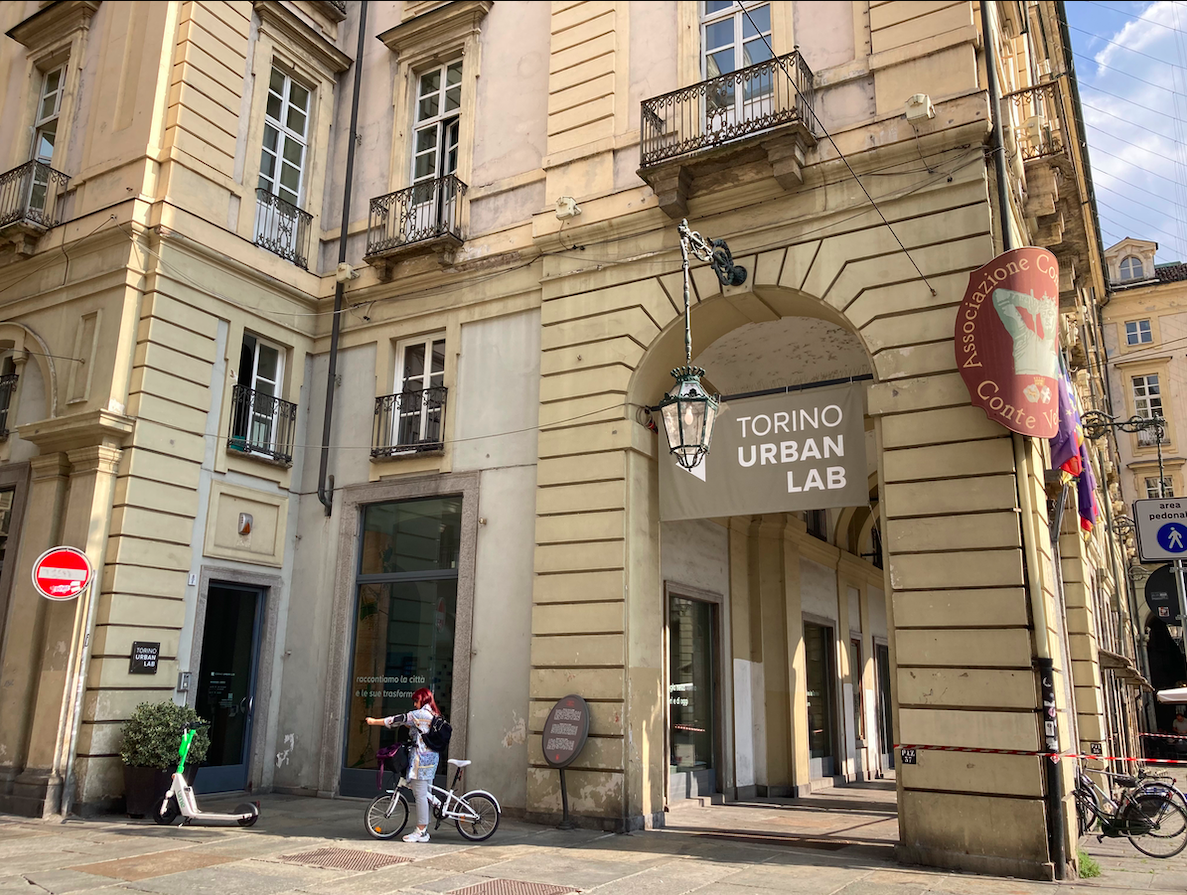
Urban Lab Torino is an independent association that tells the story of the large-scale transformation of Turin and its metropolitan area. Working closely with the
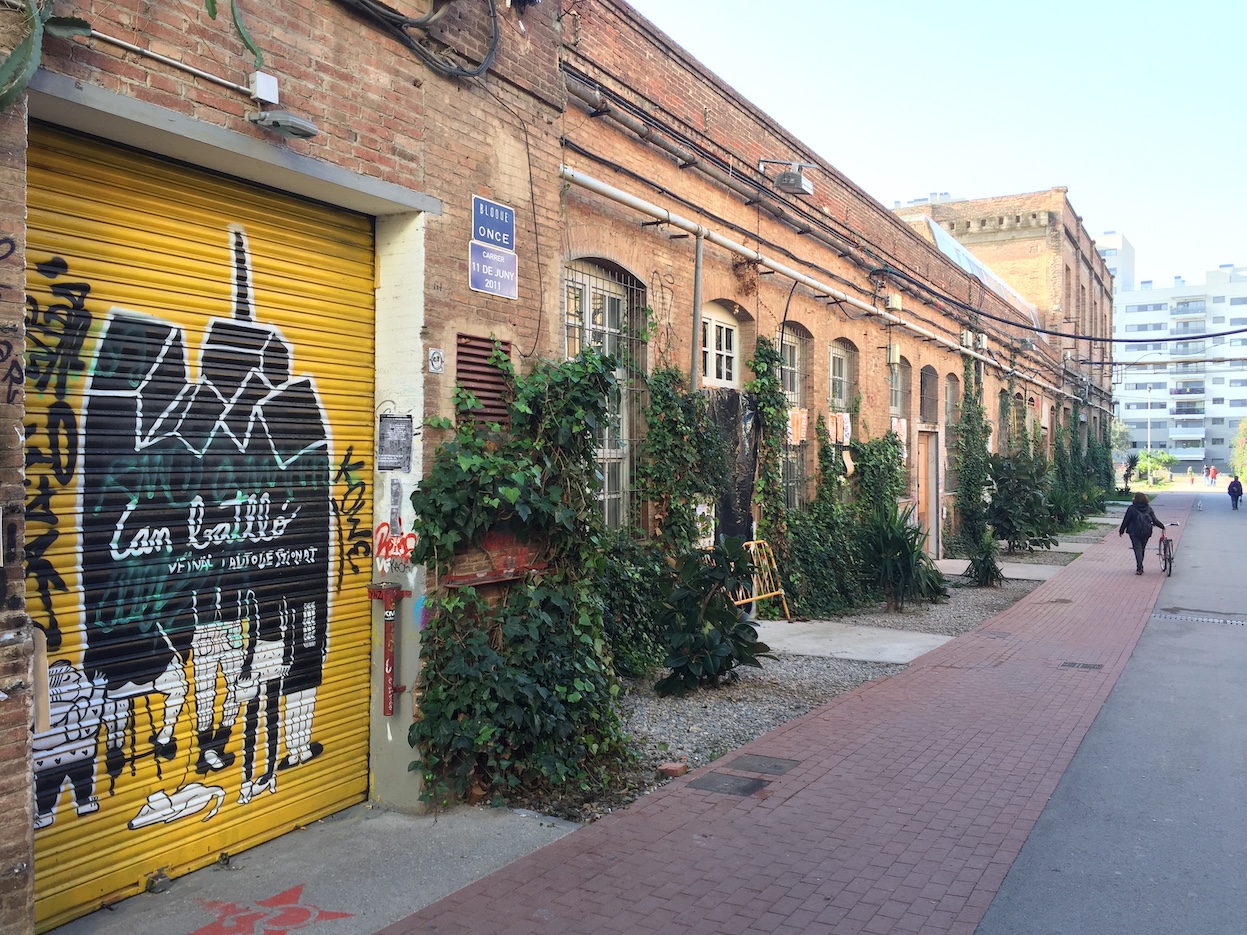
Like other major European cities, Barcelona has a great industrial heritage that can now be re-used for a new and different development of its urban
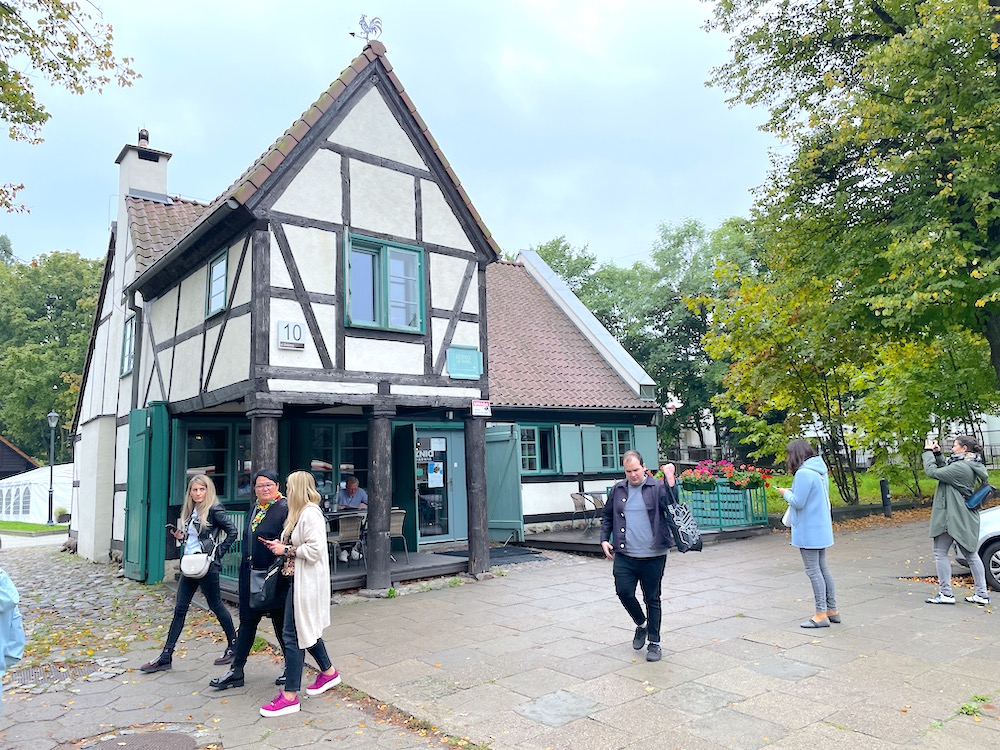
In the past decades, Gdańsk has followed a well-defined strategic path. Building one initiative on another, the city used European projects to strengthen the innovation
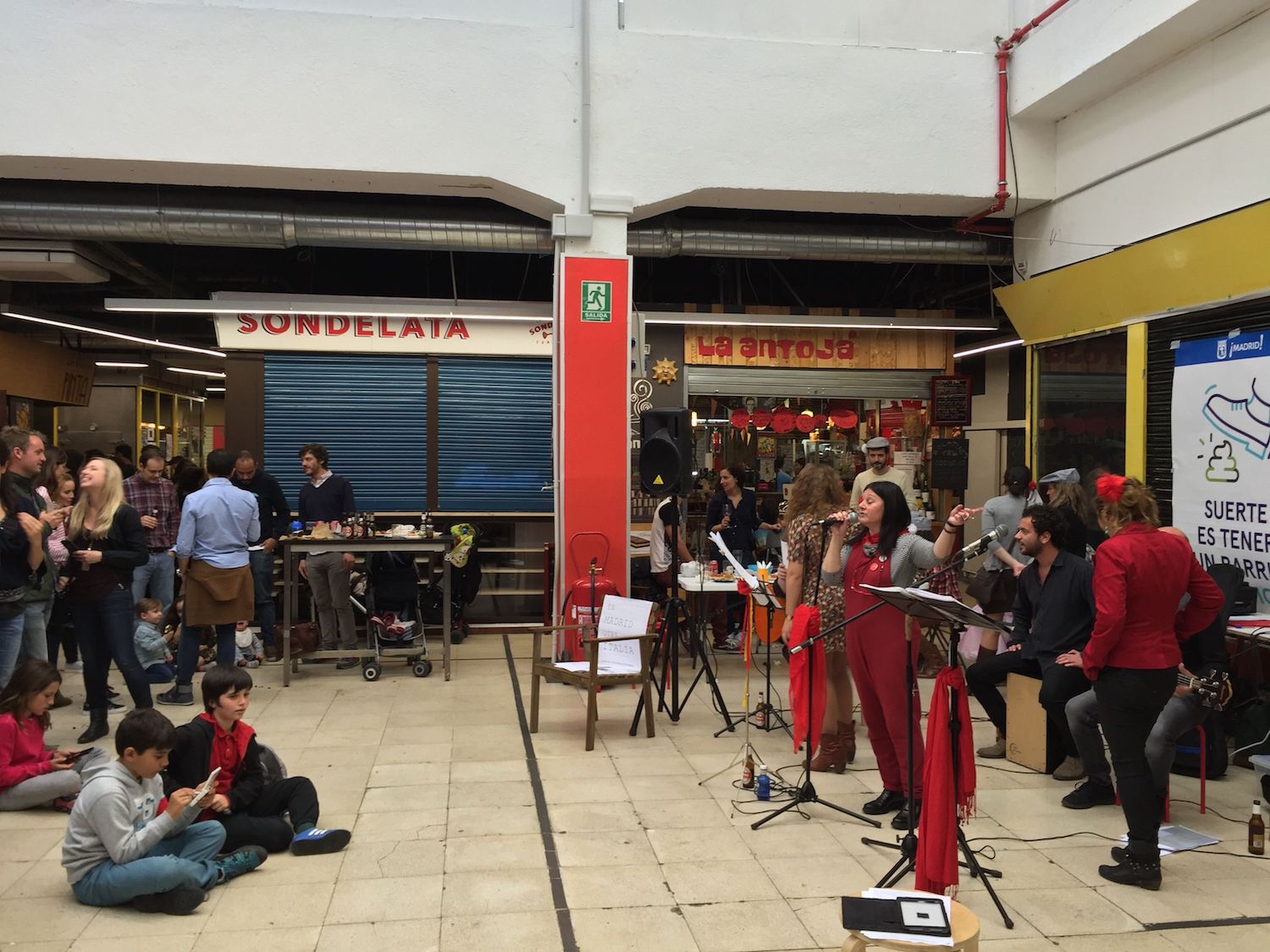
Over the past decade, market halls and open air food markets have become an important arena for urban regeneration. Although many of today’s European cities
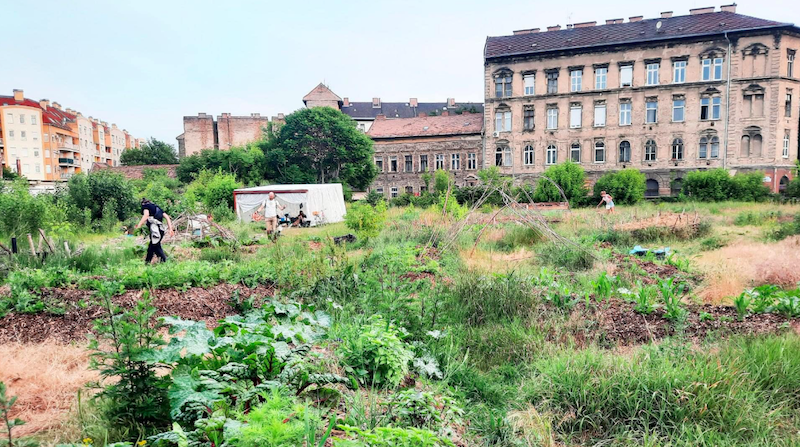
Right in the heart of an inner district in Budapest lies a 7700 square metre wild, at first sight untamed green space, sandwiched between unassuming
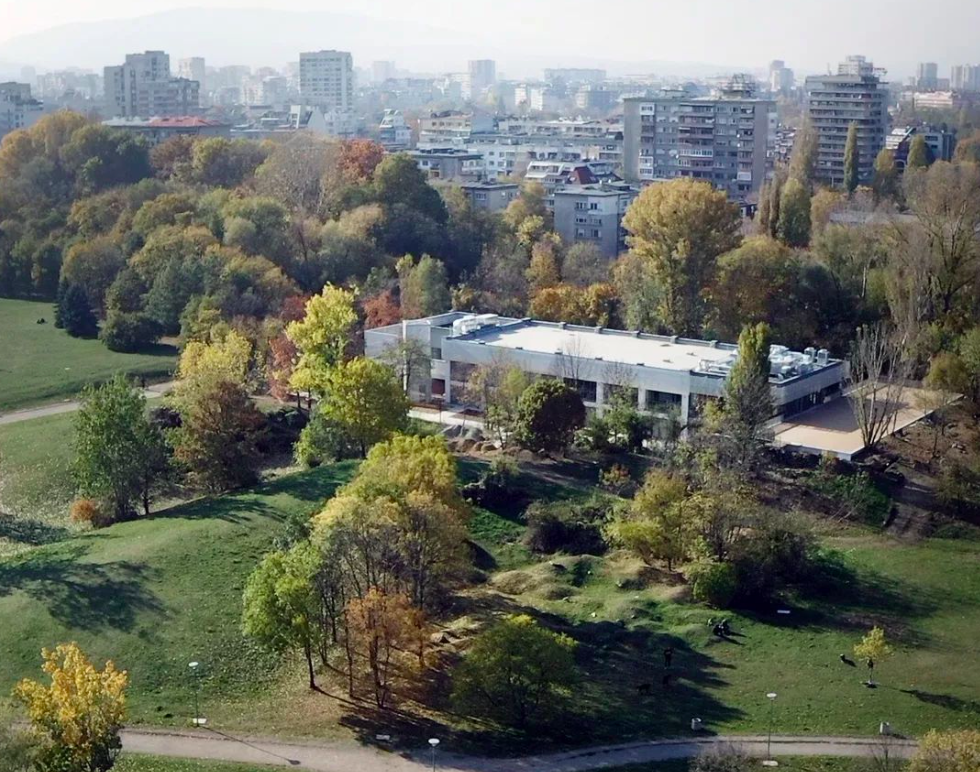
Toplocentrala is a buzzing interdisciplinary dialogue centre, a laboratory that creates and presents performative as well as visual and musical arts. This magnificent cultural venue
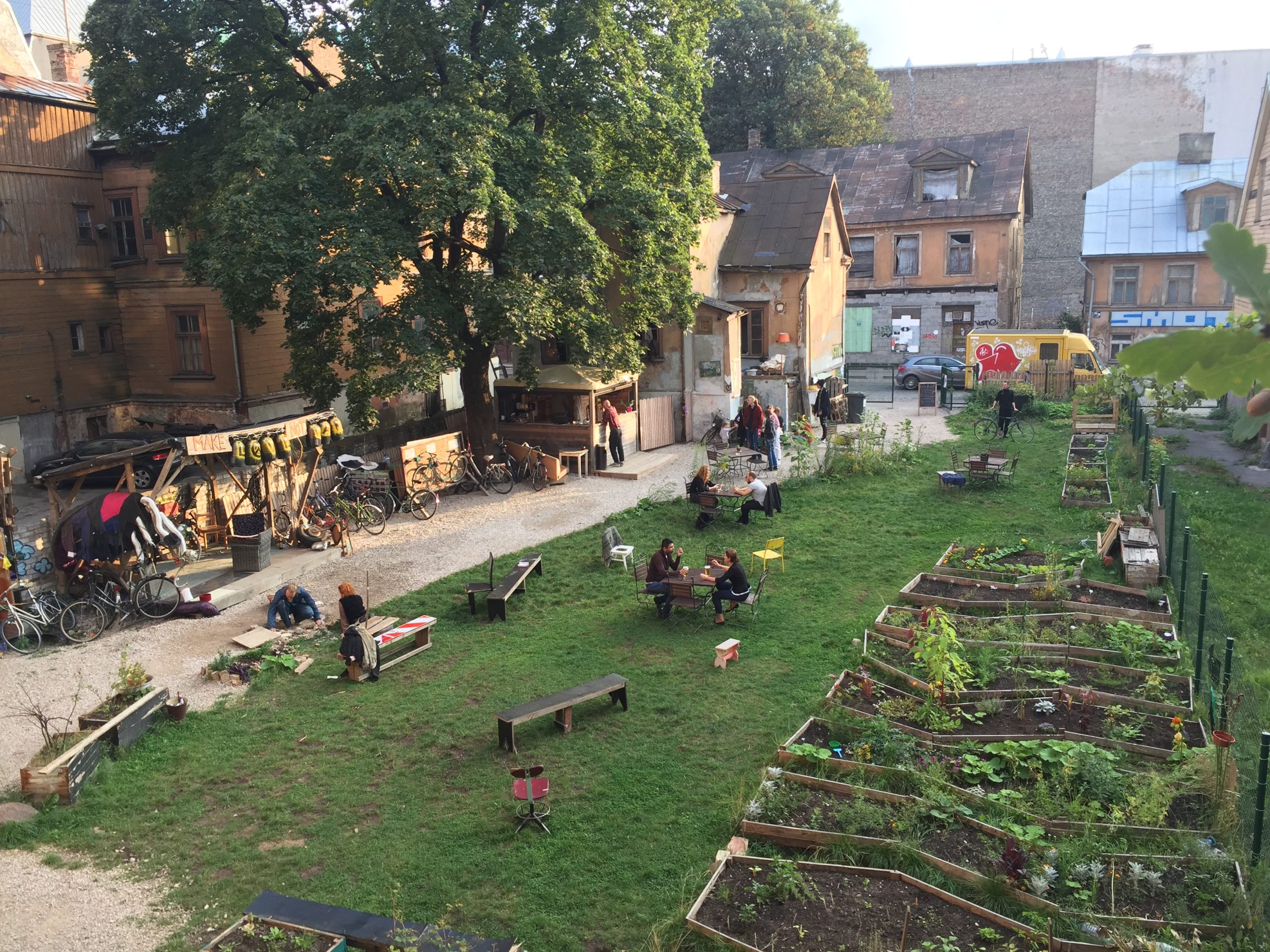
Free Riga is an organisation promoting the temporary use of vacant and underused buildings across the city of Riga. Founded in 2013, Free Riga gained
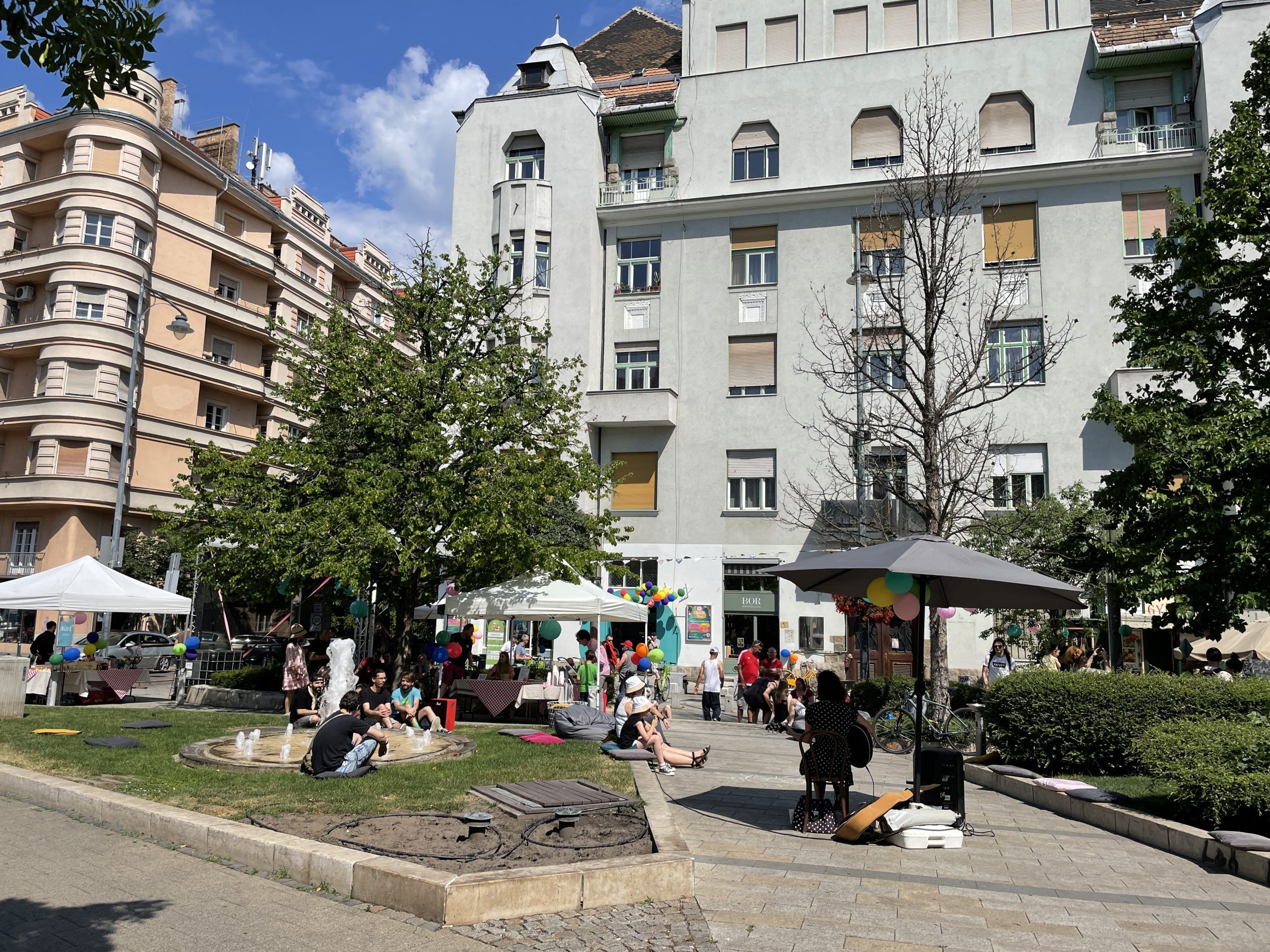
How to conceive a new cultural institution in an area already known for its strong cultural scene? How can a new venue integrate into an
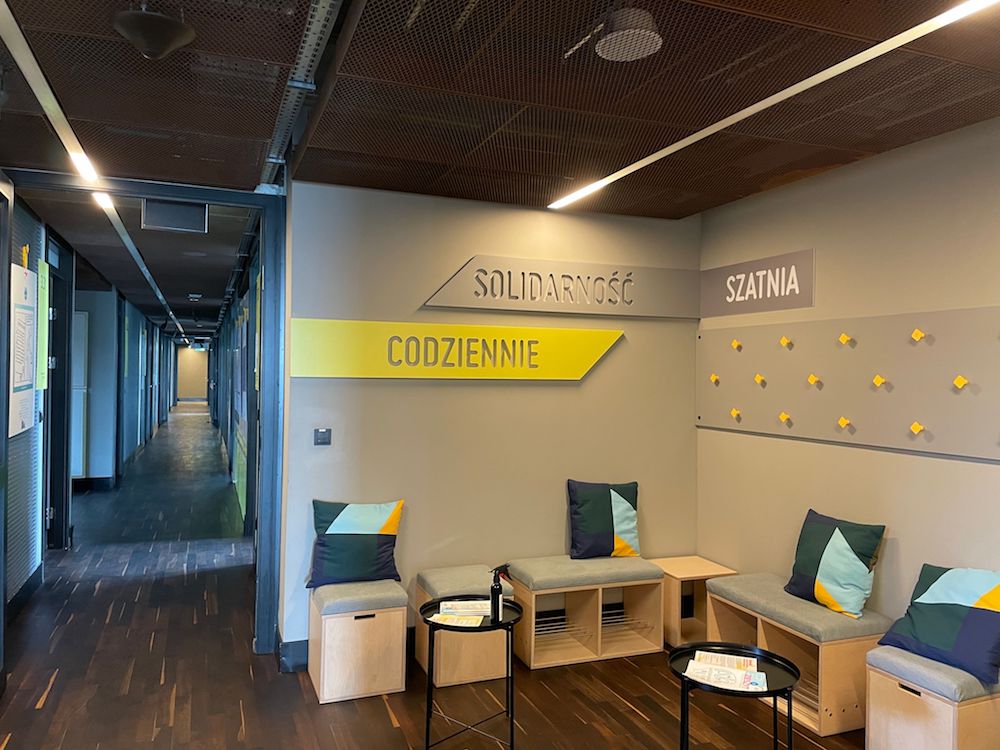
Solidarity Everyday Space is a co-governed space inside the European Solidarity Centre in Gdańsk. The aim of the Solidarity Everyday Space builds on the mission
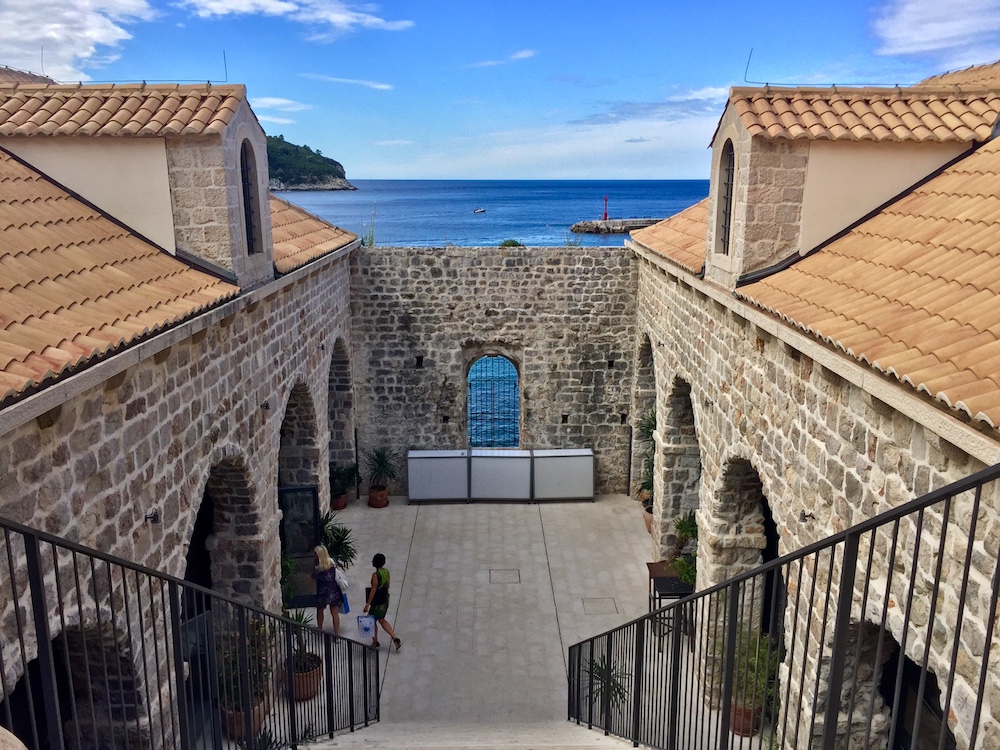
In 2018, the Croatian Ministry of Culture announced a project tender for the development of social-cultural centres in Croatia, based on participatory governance and public-civil
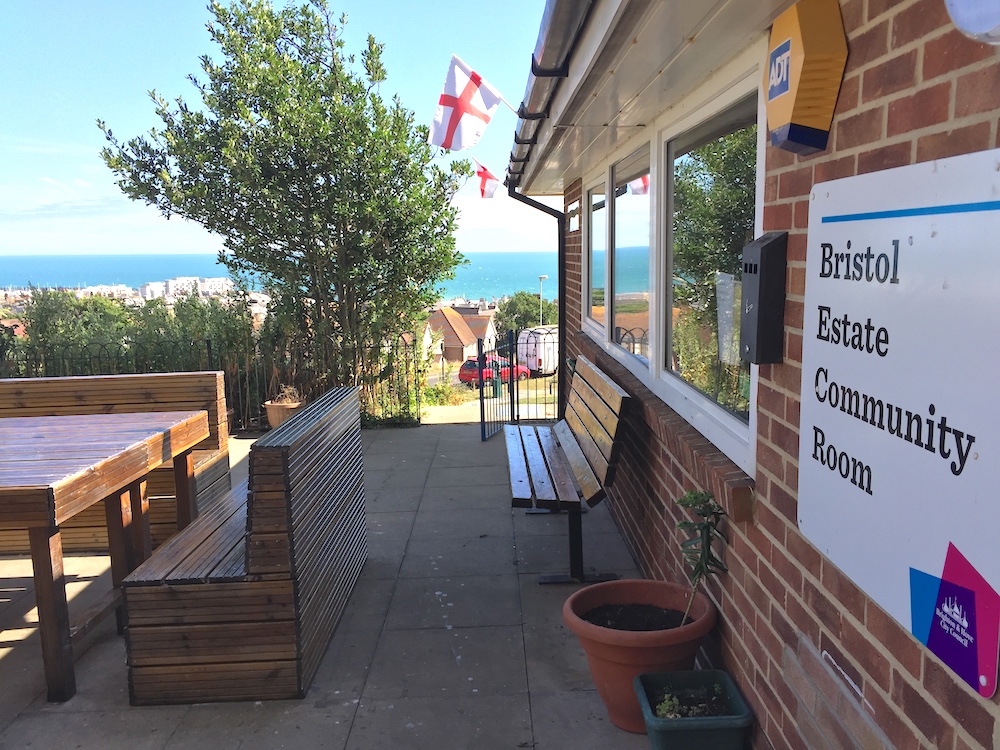
The right to bid for Assets of Community Value was defined in the Localism Act, introduced as an act of UK Parliament in 2011 by

The HALLO: collective aims to reactivate publicly inaccessible spaces in the city of Hamburg. The collective organises a yearly festival, HALLO: Festspiele, and it is

How to plan a new cultural venue in a district already rich in cultural life? How can a new cultural institution help to connect existing

FABER is an independent cultural centre in a rehabilitated factory building located on the banks of the river Bega in Timisoara, Romania. Its mission is

CUP4Creativity is a project of the Budapest district of Újbuda, funded by the EU’s Urban Innovative Actions programme. The project builds on the district’s current
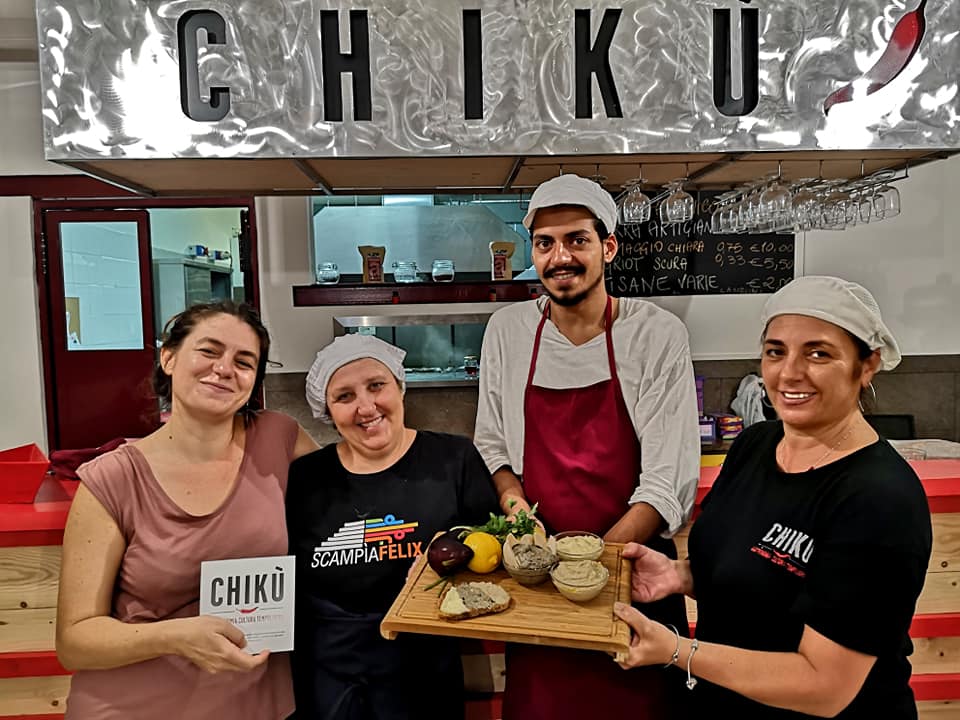
In Scampia, one of the most challenged suburbs of Naples, a popular initiative uses women’s emancipation, art and culture, pedagogy, good food and social capital
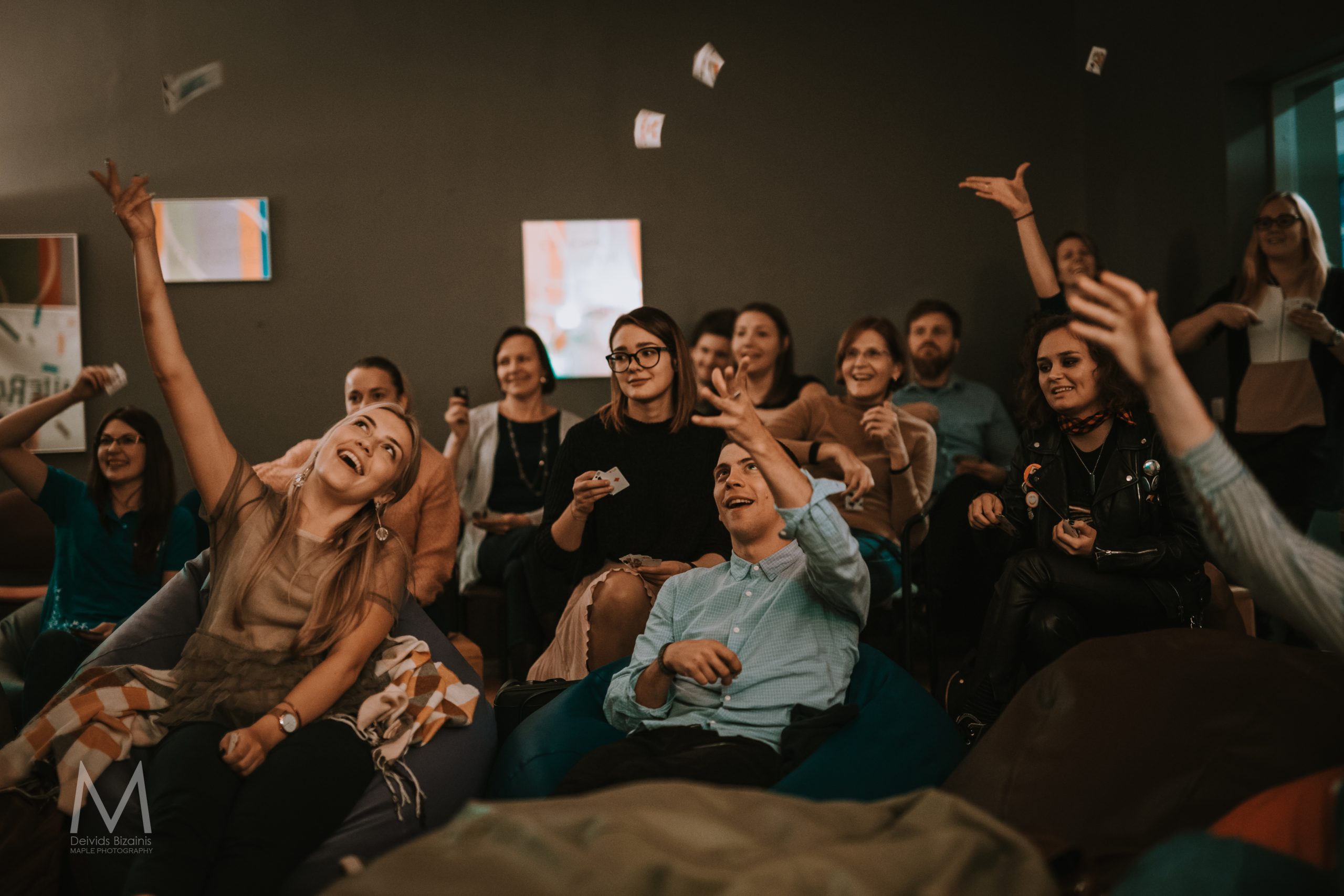
Riga’s Youth Centre KAŅIERIS is a non-formal learning and inclusive collaboration space for young people and their organisations to gain knowledge and skills, as well

Article by Levente Polyak for publicspace.org, a project by the CCCB. In 1748, the Italian architect Giambattista Nolli published an ichnographic plan of Rome, documenting
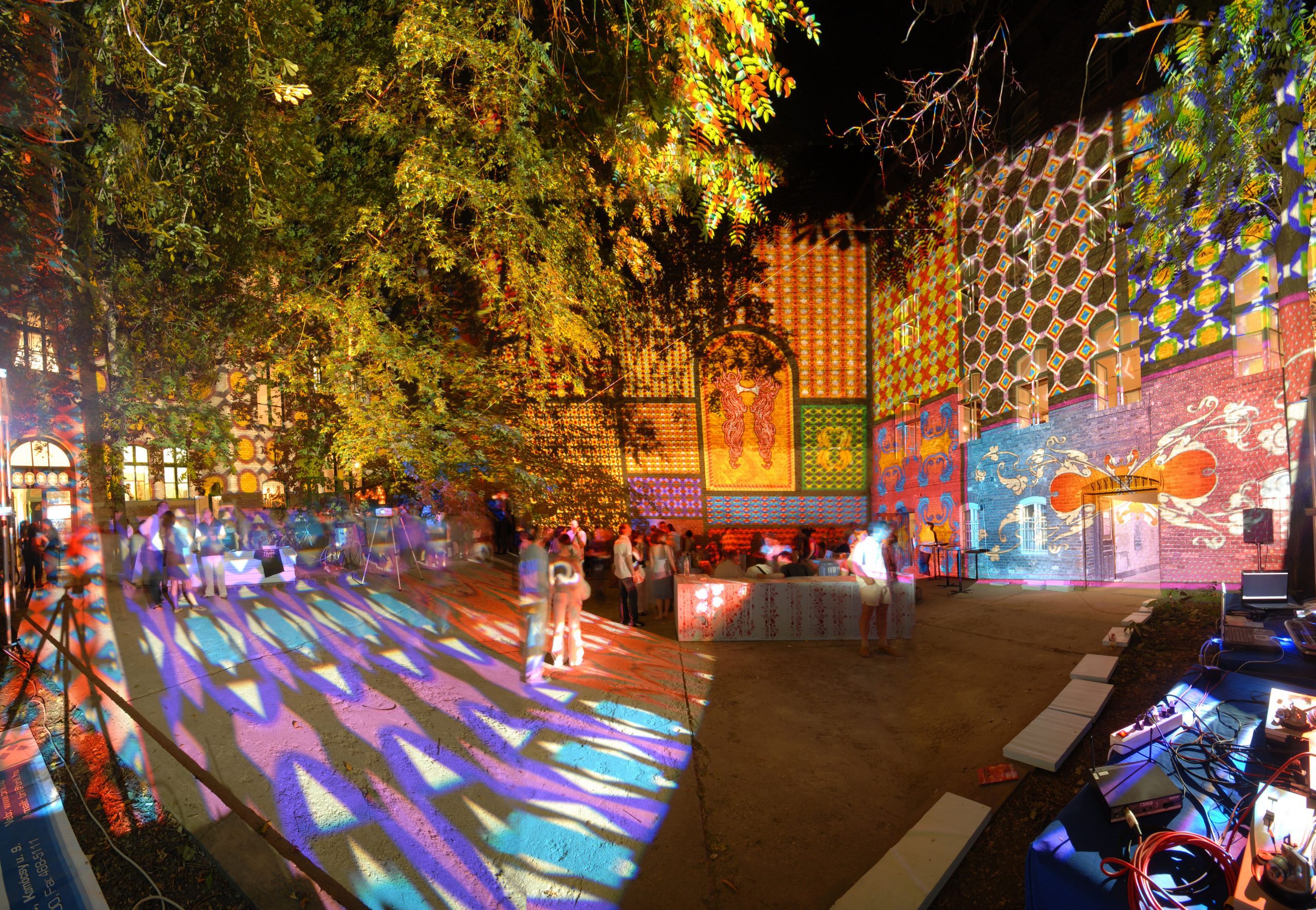
Polyák Levente írása eredetileg a budapesti alternatív kulturális szcénát feltérképező ALT.BP platformon jelent meg. Az elmúlt két évtized jelentős részét töltöttem különböző városok alternatív kulturális
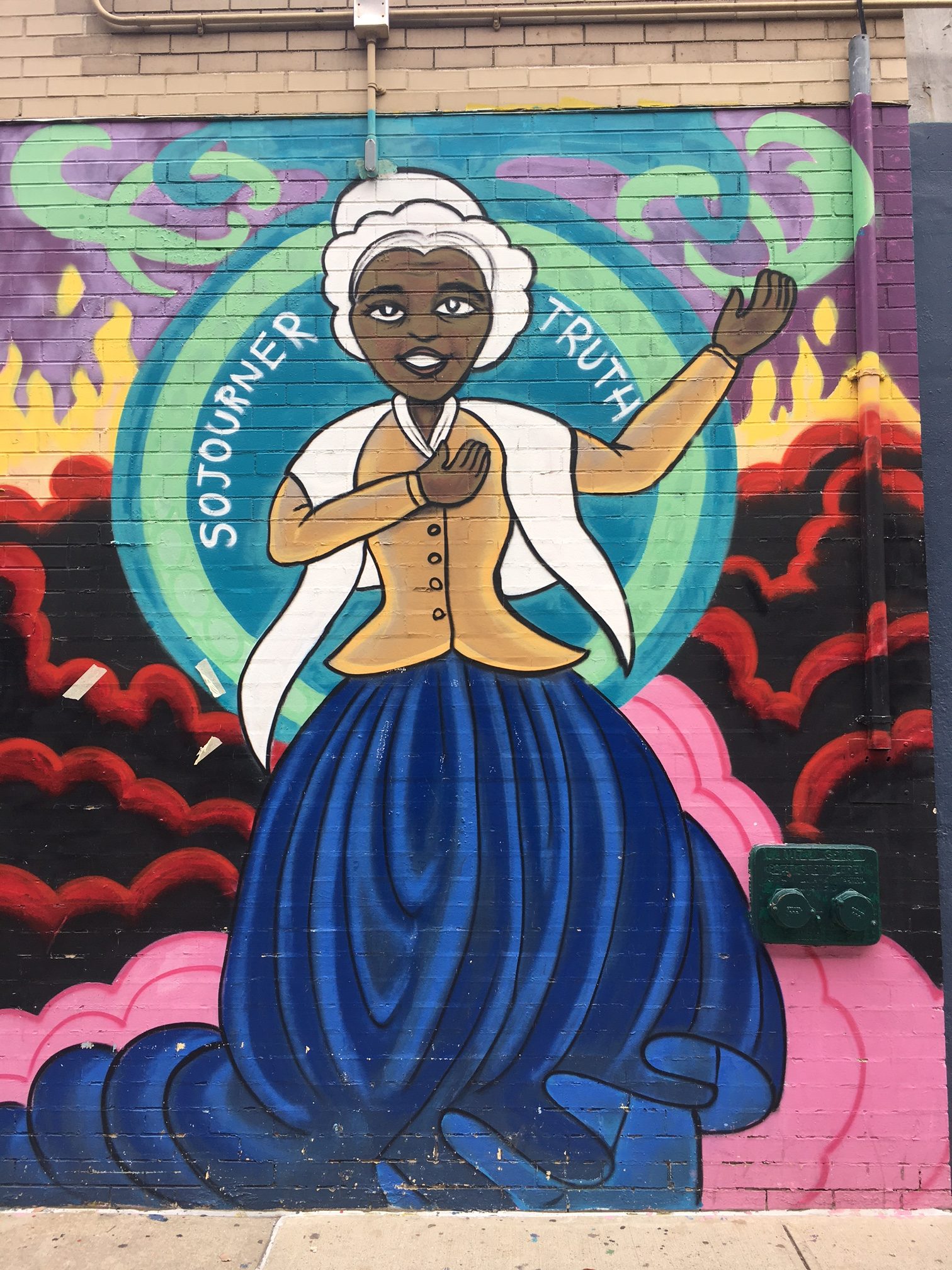
Sally Kneeshaw, Gender Equal Cities lead for URBACT, found through her work that whilst most people are generally aware of societal gender inequality, not many

The city of Naples (Italy)[1] is an exemplary case study of how a city can co-design legal and sustainable urban commons governance mechanisms and enable

Gólya is a self-organised community space in Budapest’s 8th district. Gólya has relocated to its current location due to intense property development and increasing real estate
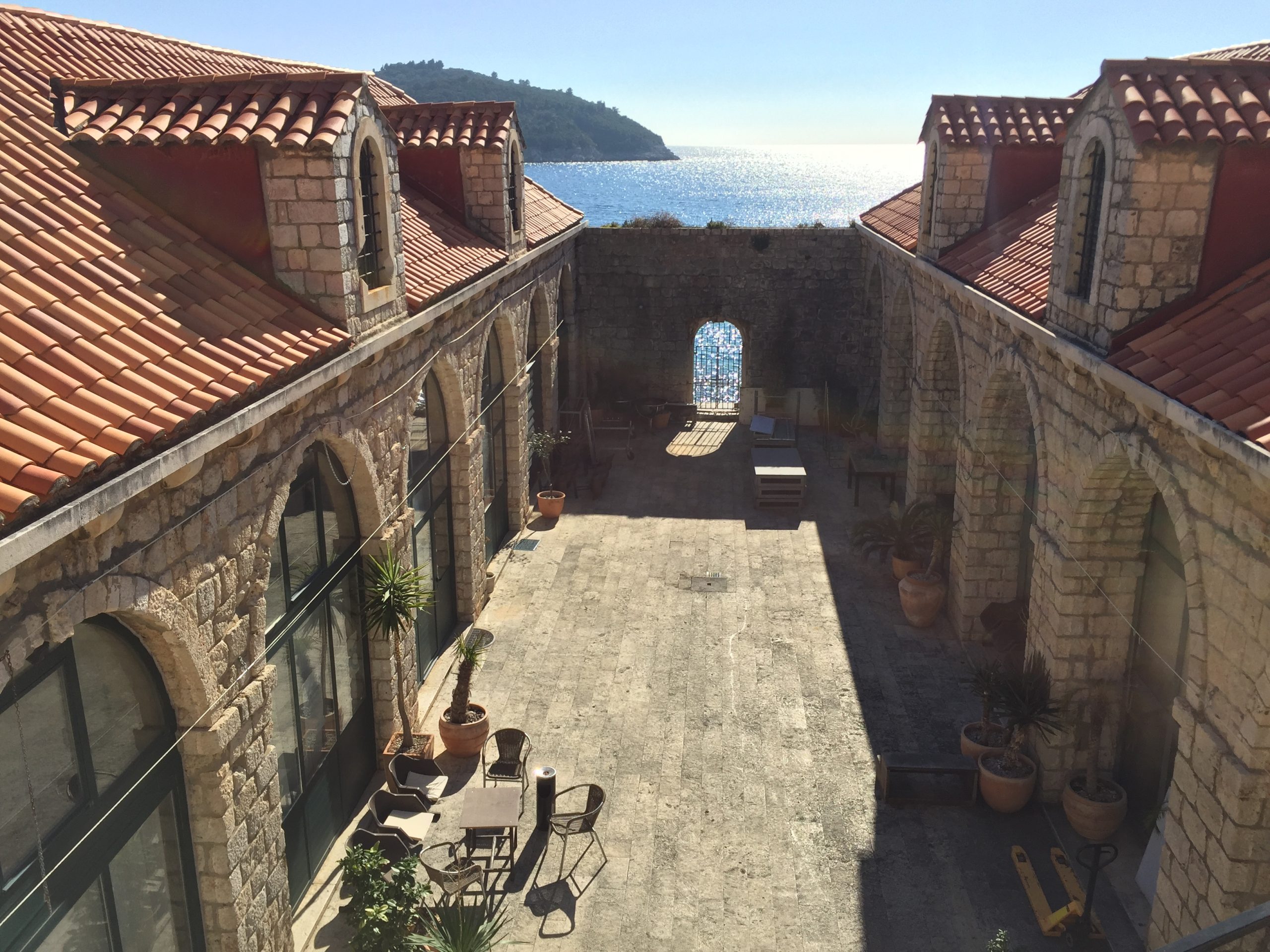
In the year 2000, the Art Workshop Lazareti, one of the most significant Croatian organisations in the field of contemporary arts and culture, signed a
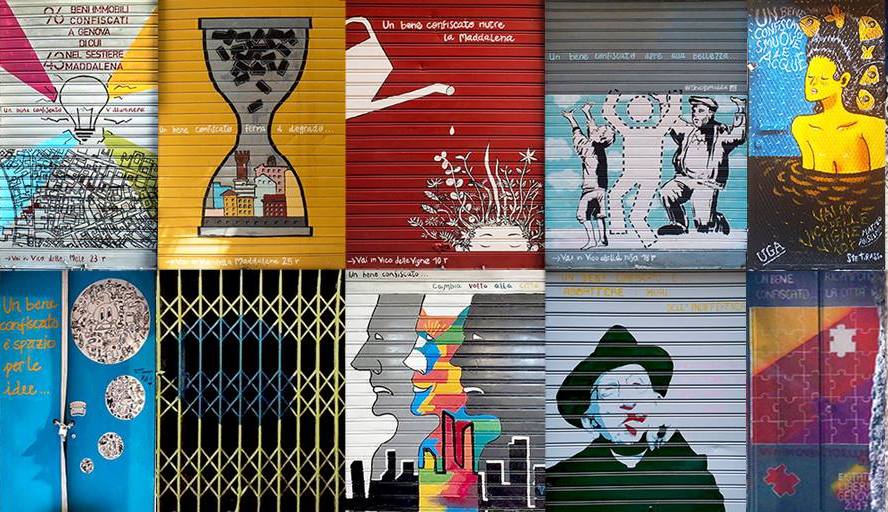
Confiscation is an asset security measure consisting in the expropriation, in favour of the State, of something which has been used to commit an offence
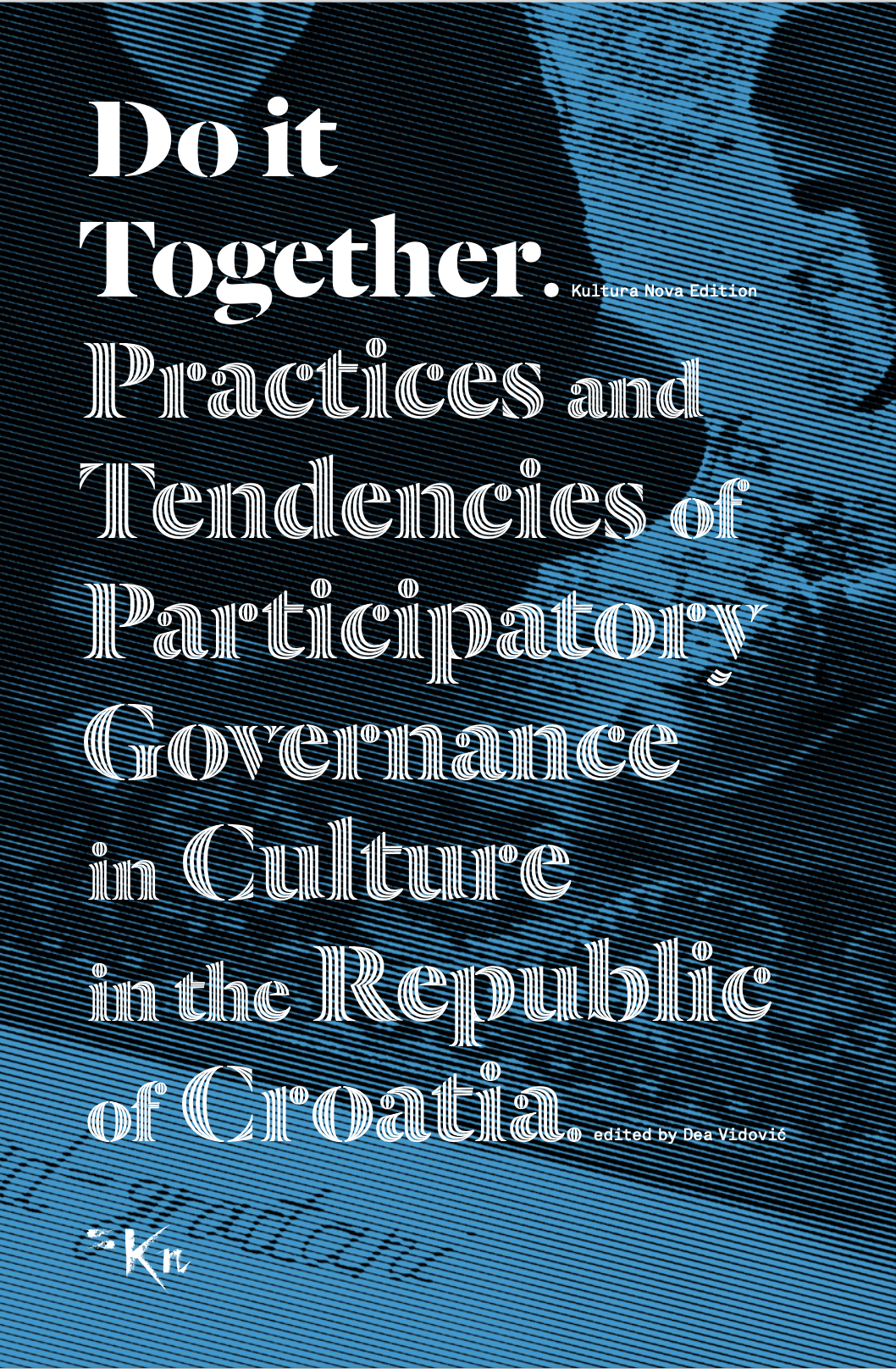
Kultura Nova is a public foundation promoting civil society organisations in the field of contemporary arts and culture. The foundation was established in 2011, when
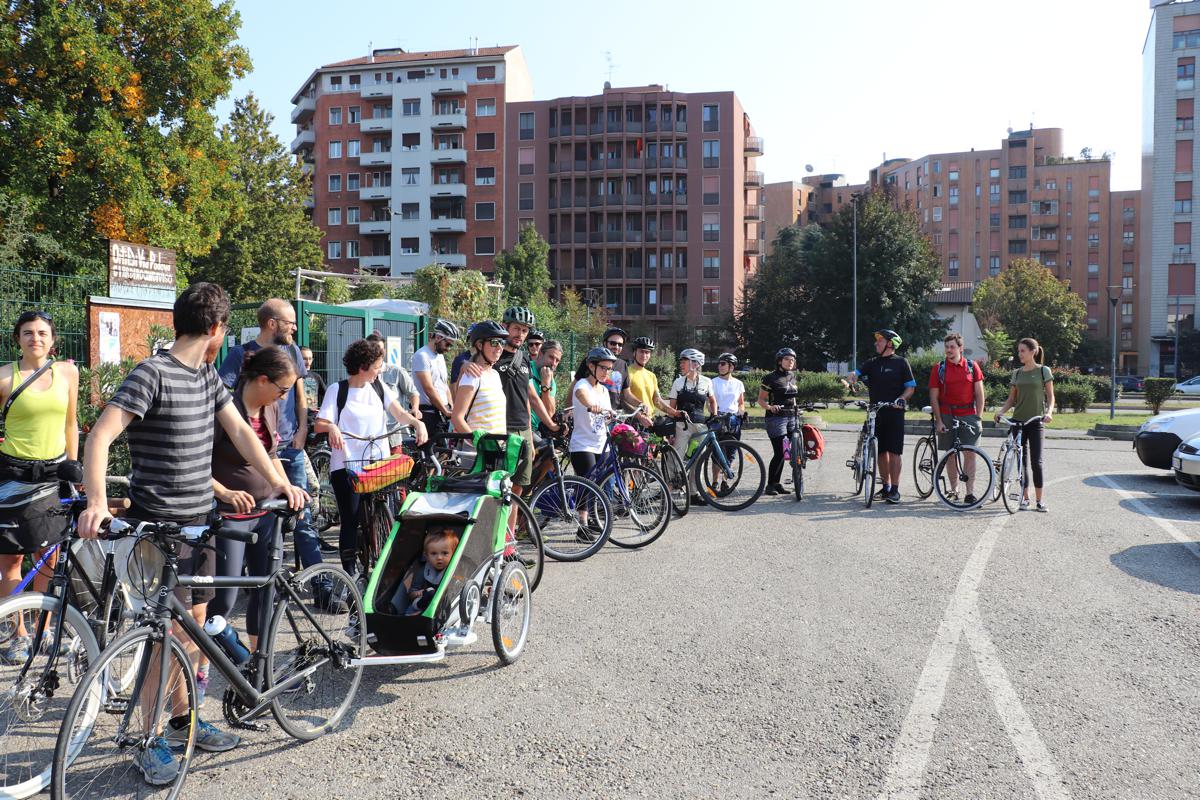
“Super, the festival of peripheries” was started in Milan in 2015 by an interdisciplinary group of professionals. The event was initially conceived to create a
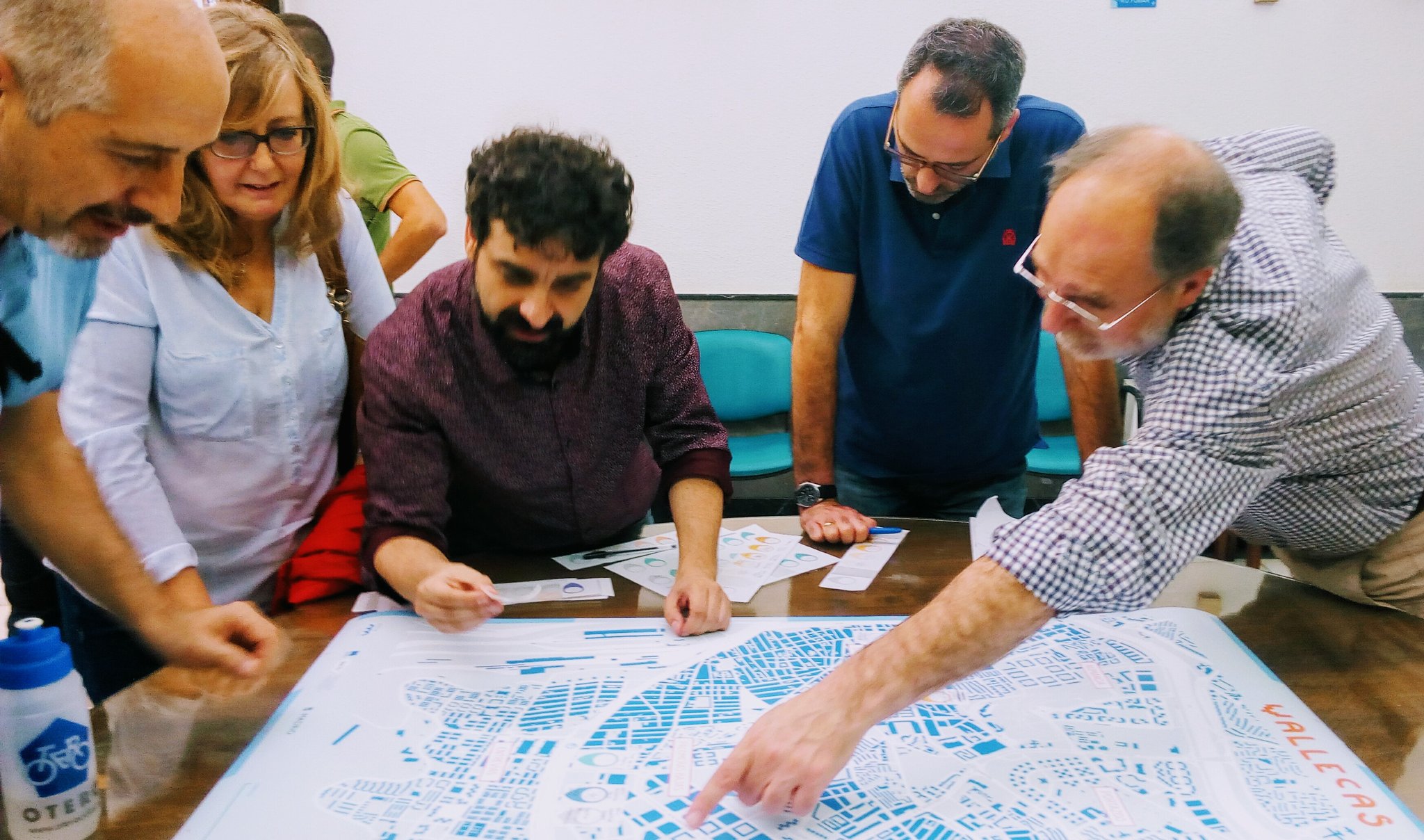
When we undertake any type of project, of whatever nature, it is more necessary than ever to be able to count on natural allies for
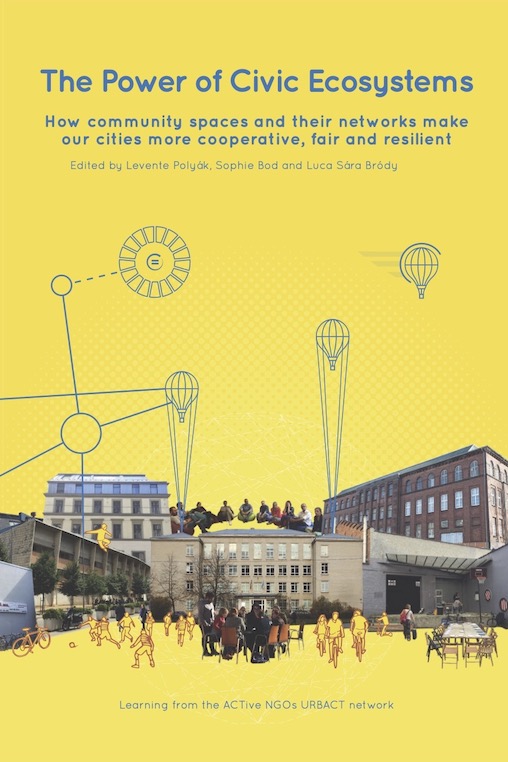
The Power of Civic Ecosystems: How community spaces and their networks make our cities more cooperative, fair and resilient Public-civic cooperation has never been as

2020 will remain in our memory as the year of a sudden, world-wide crisis. Although the pandemic is far from being over, with the arrival
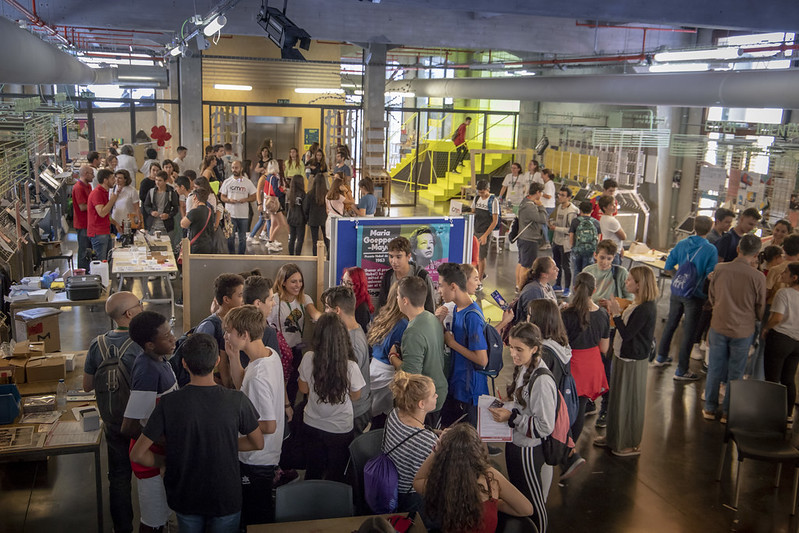
Medialab Prado is a citizen laboratory that functions as a meeting place for the production of open cultural projects. It is a cultural space and
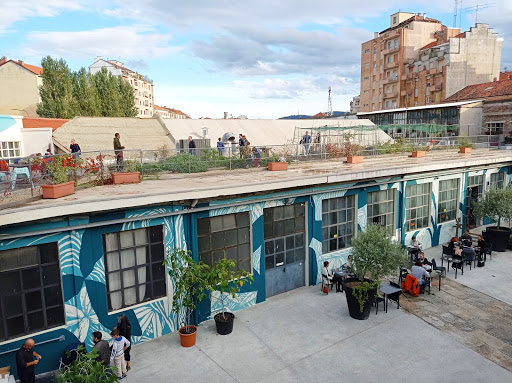
BeeOzanam is a community hub whose challenge is to combat cultural poverty and social exclusion, stimulating the growth of a sustainable generation through the co-production
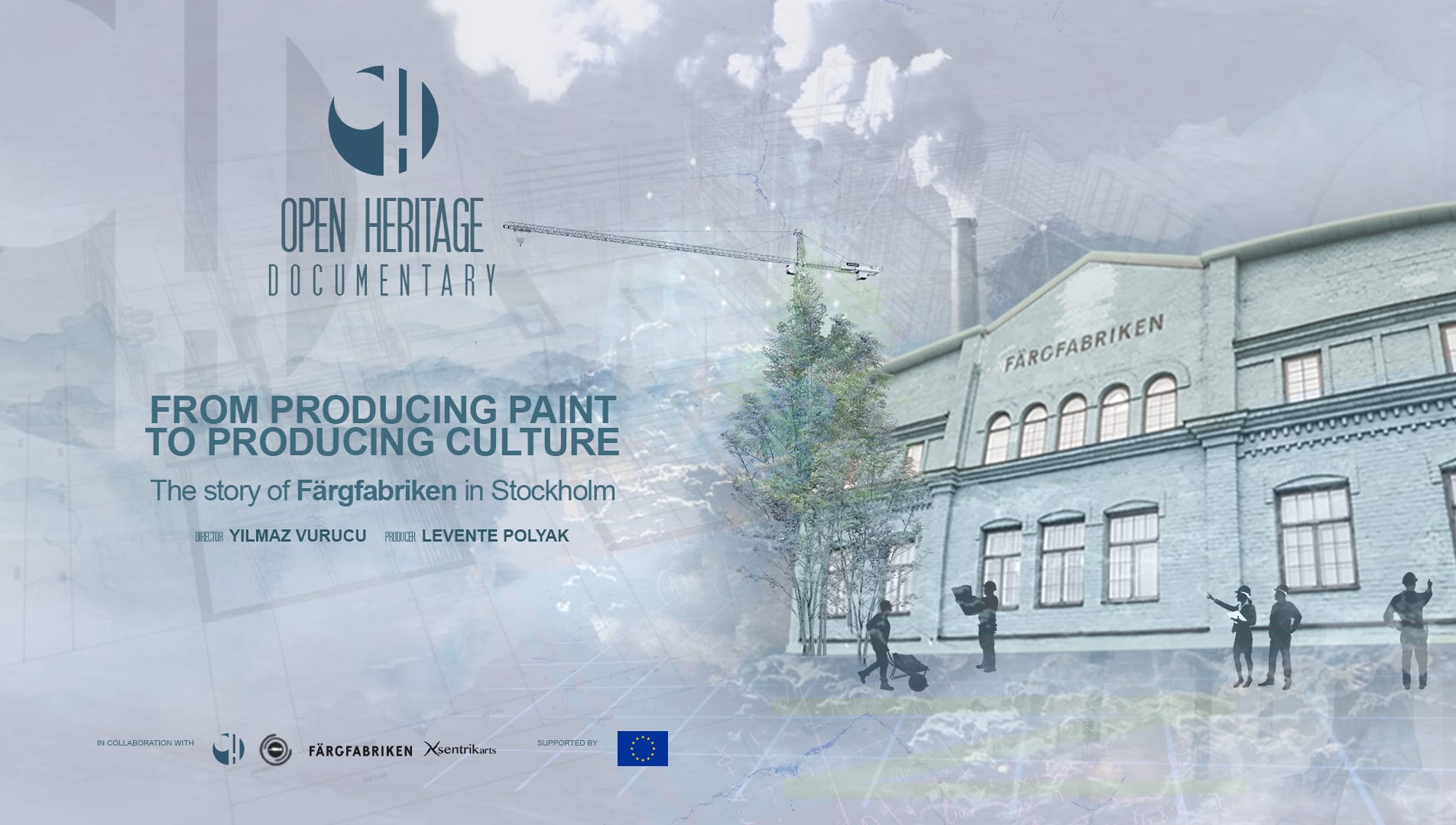
Färgfabriken is a platform and exhibition venue for contemporary cultural expressions, with an emphasis on art, architecture and urban planning established in an industrial building built in 1889. The building previously accommodated a paint factory, from which it also borrowed its name. Since its creation, Färgfabriken has not only become a key cultural institution in Stockholm, but has also pioneered a model of building inclusive, participatory processes through art and dialogue. Färgfabriken has a great impact on the development of the surrounding area and on the inclusion of a great variety of stakeholders in decision-making processes.
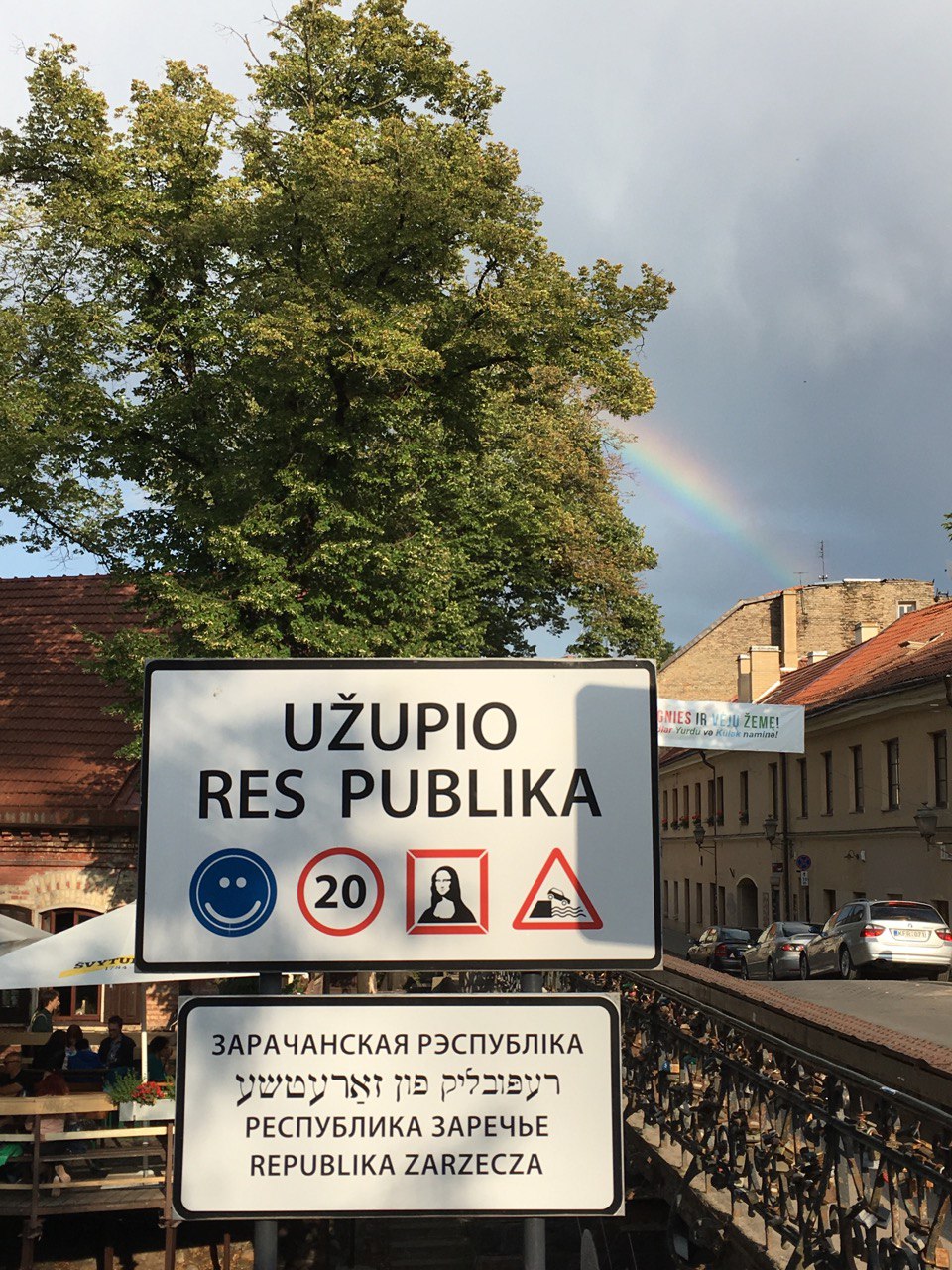
The Republic of Užupis was declared in 1998 in the old town of Vilnius, in a run-down and undesirable district of the capital of Lithuania

Right in the centre of Warsaw, where there once was the summer residence of royals, now lies a one-of-a-kind symbol of resistance, rebirth and civil
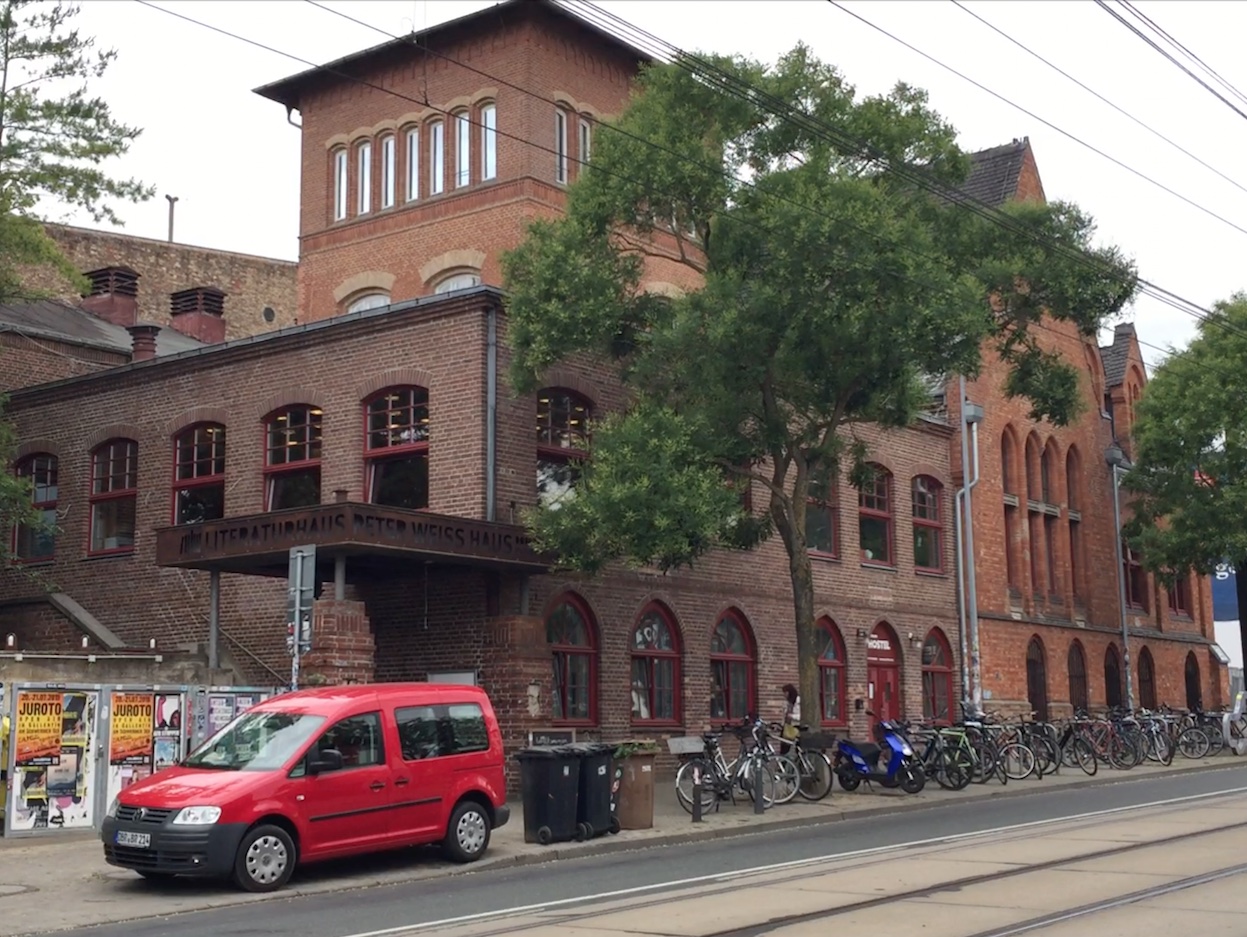
The Peter Weiss Haus is as a free educational and cultural centre located in an historical building in downtown Rostock. Through the creation of an

Written by Eutropian Director Levente Polyak for Urbact. The COVID-19 crisis has heavily disrupted the activities of NGO Houses and their civic ecosystems. While the

Interview with Daniela Patti, Director of Eutropian by the European Urban Knowledge Network. How can we prepare for and cope with crisis situations in dense
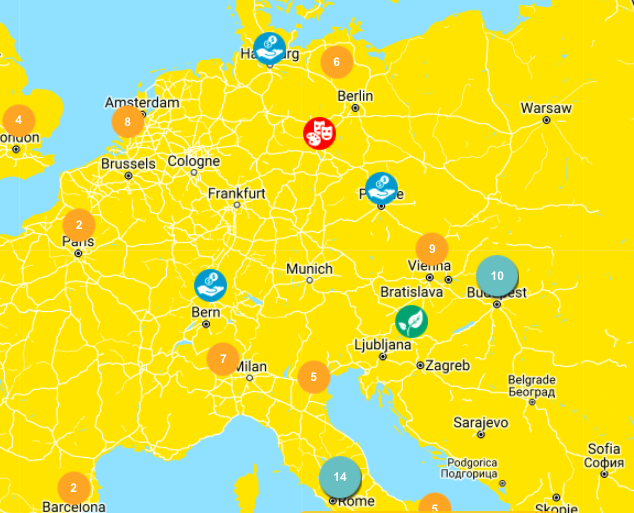
Realising the need to create international dialogue on handling the COVID-19 crisis at the local level, Eutropian launched a weekly webinar to connect activists and
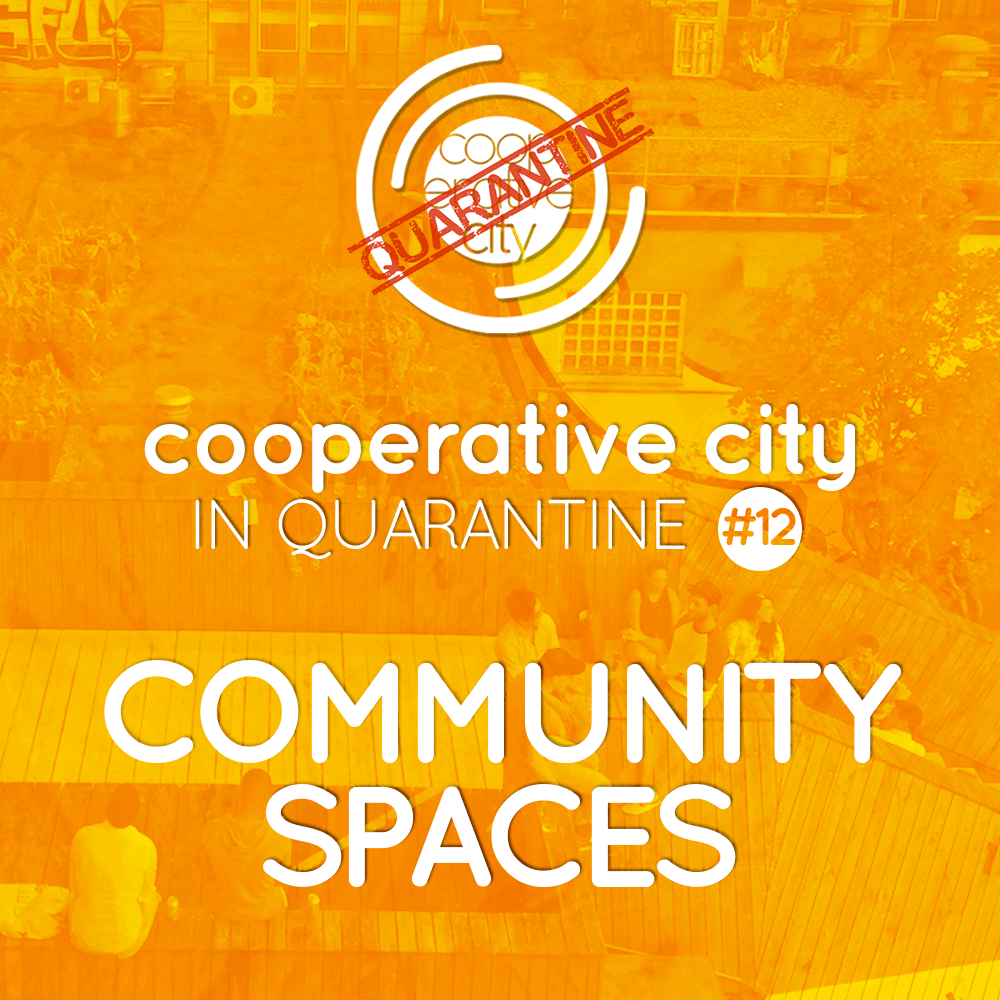
Since the 2008 economic crisis, cities in Europe have witnessed a veritable revolution in community-led development processes. Prompted by the opportunities offered by the last
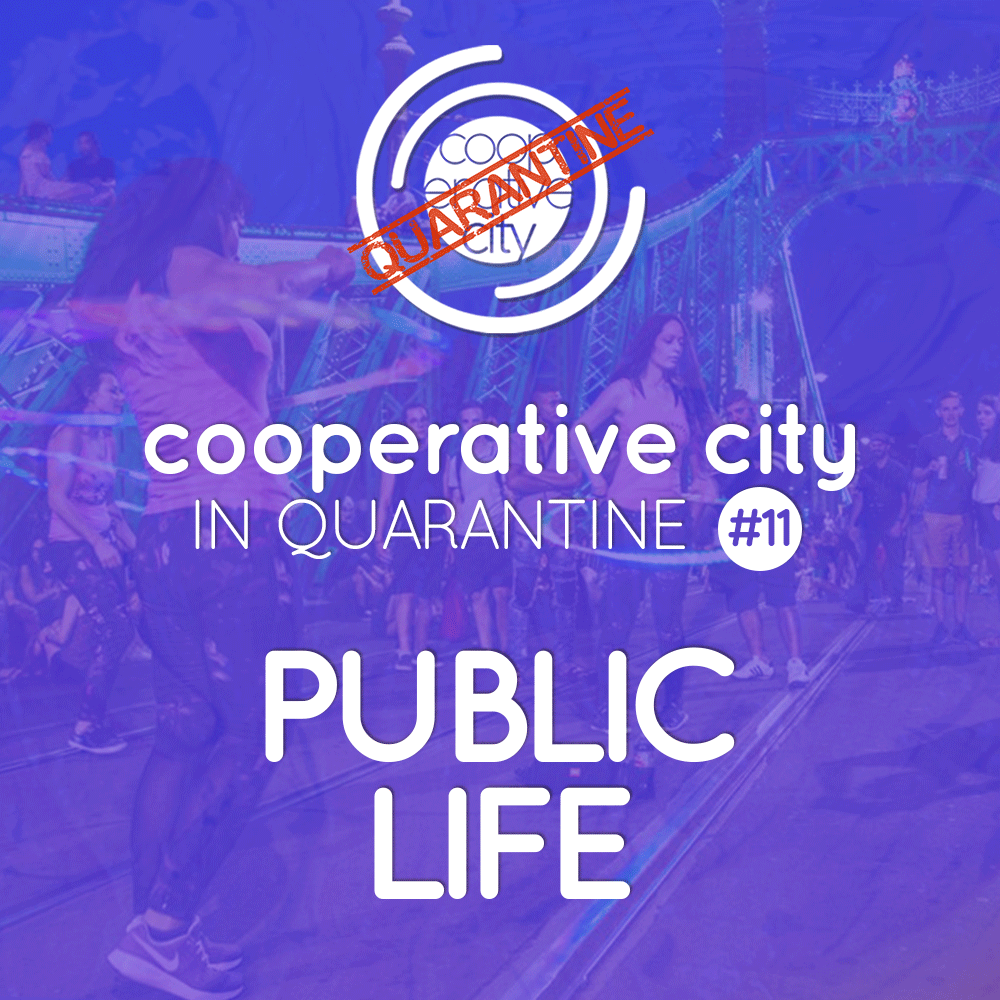
With the pandemic and the subsequent lockdown, public space was one of the most affected parts of our urban life. With the shut down of

Urban Commons are all those spaces, services and resources that are directly managed by local communities for their wellbeing. Taking care of such common goods
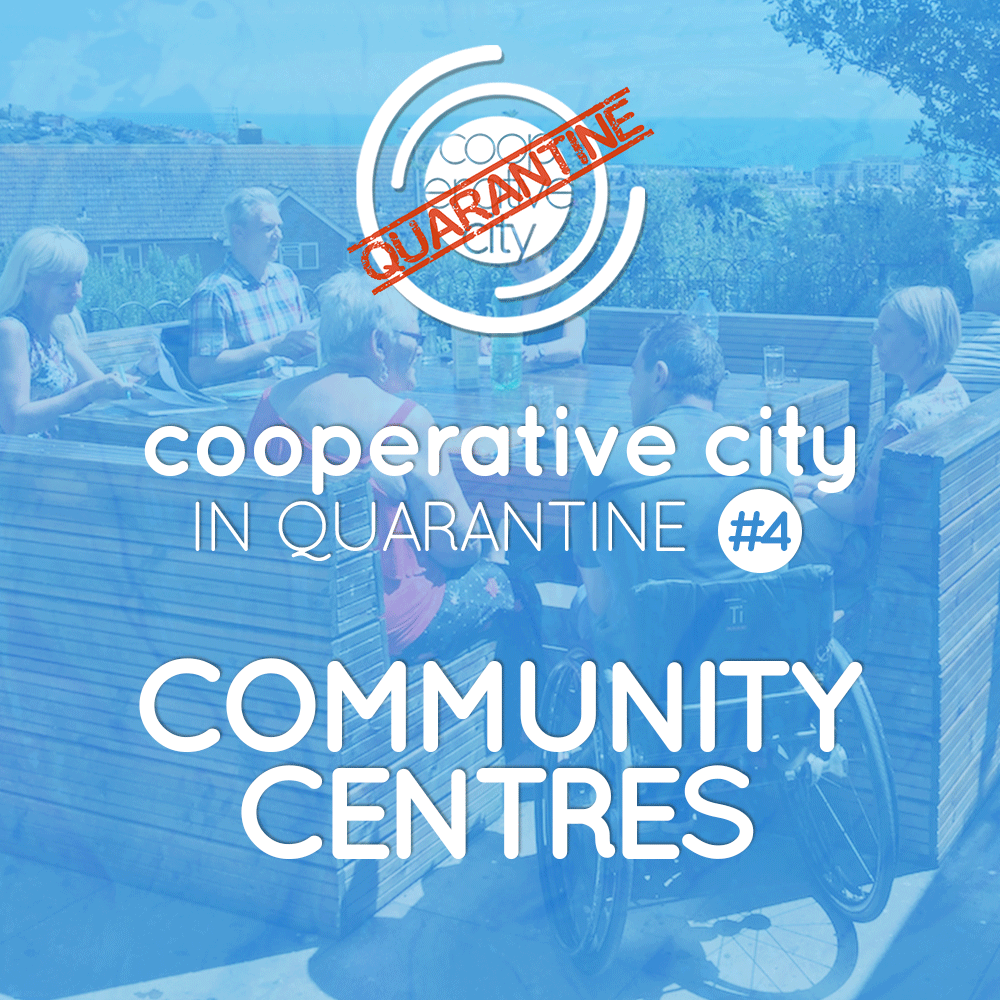
Probably all community centres in Europe have a lot in common regarding the way they work during this challenging and totally new situation. Community venues,

Fin dalla crisi economica del 2008, le città europee si sono trovate ad affrontare una vera e propria rivoluzione dei processi di sviluppo a guida

Con l’arrivo della pandemia e del lockdown che ne è seguito, lo spazio pubblico è stato uno degli settori più colpiti della nostra vita urbana.

La crisi dovuta al Covid-19 ha fatto venire alla luce in modo ancora più evidente la condizione di vulnerabilità di molti gruppi sociali svantaggiati. Fra

Qual è il ruolo dell’e-learning nell’istruzione e nell’educazione, e quali sfide ed opportunità ci troviamo ad affrontare a seguito del rapido cambiamento delle infrastrutture digitali

I beni comuni urbani (Urban Commons) sono tutti quegli spazi, servizi e risorse che favoriscono il benessere delle comunità locali e sono gestiti da

Episodio #4: Centri di Comunità e network ONG Attive (ACTive NGOs) È ormai chiaro a tutti che l’epidemia di Coronavirus ha cambiato le abitudini quotidiane di

Cascina Roccafranca is a multi-functional community centre operating in a building owned by the City of Turin. The centre is managed through a cooperation between public and civic actors: a scheme that offers a valuable governance model while providing a wide range of social and cultural activities.
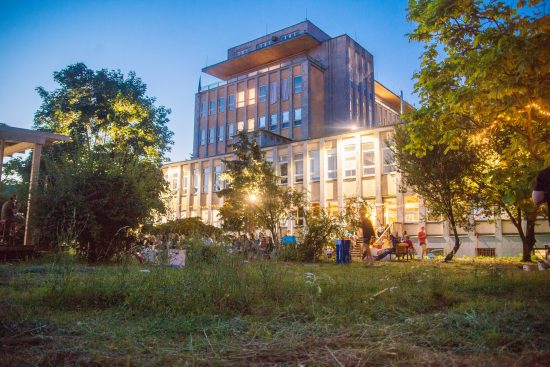
Nova Cvernovka is a community and cultural space located in a former Secondary Chemical school complex in the outskirts of Bratislava. Nova Cvernovka gives home
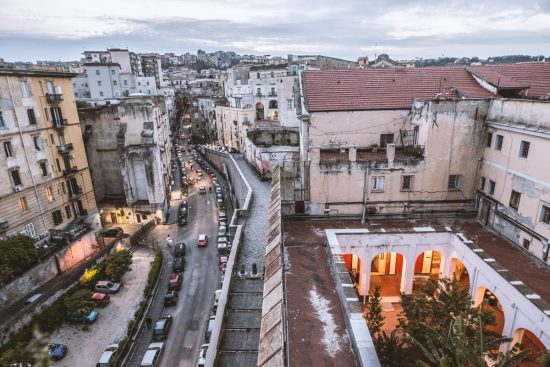
Abbiamo incontrato a Napoli gli attivisti del Centro Sociale Ex OPG Occupato – Je so’ pazzo, un ex ospedale psichiatrico che è stato sottratto all’abbandono,

FRIEDA 23 is a venue for art and media production. Located in Rostock, Northern Germany, it was opened as a result of the cooperation of

Ex OPG Occupato Je so’ pazzo (Neapolitan for “I am crazy”) is a former criminal asylum. The building was saved from abandonment and returned to

Poveglia per Tutti is an association whose aim is to reclaim Poveglia, one of the many islands scattered across the Venetian lagoon, and make it
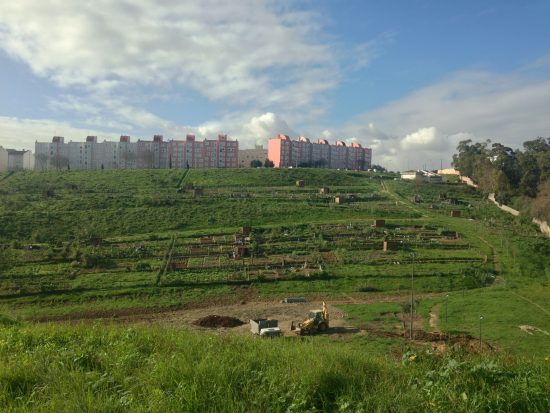
Based on the experience developed over the past ten years in Lisbon, the Bip/Zip program is currently at the basis of the URBACT Transfer Network
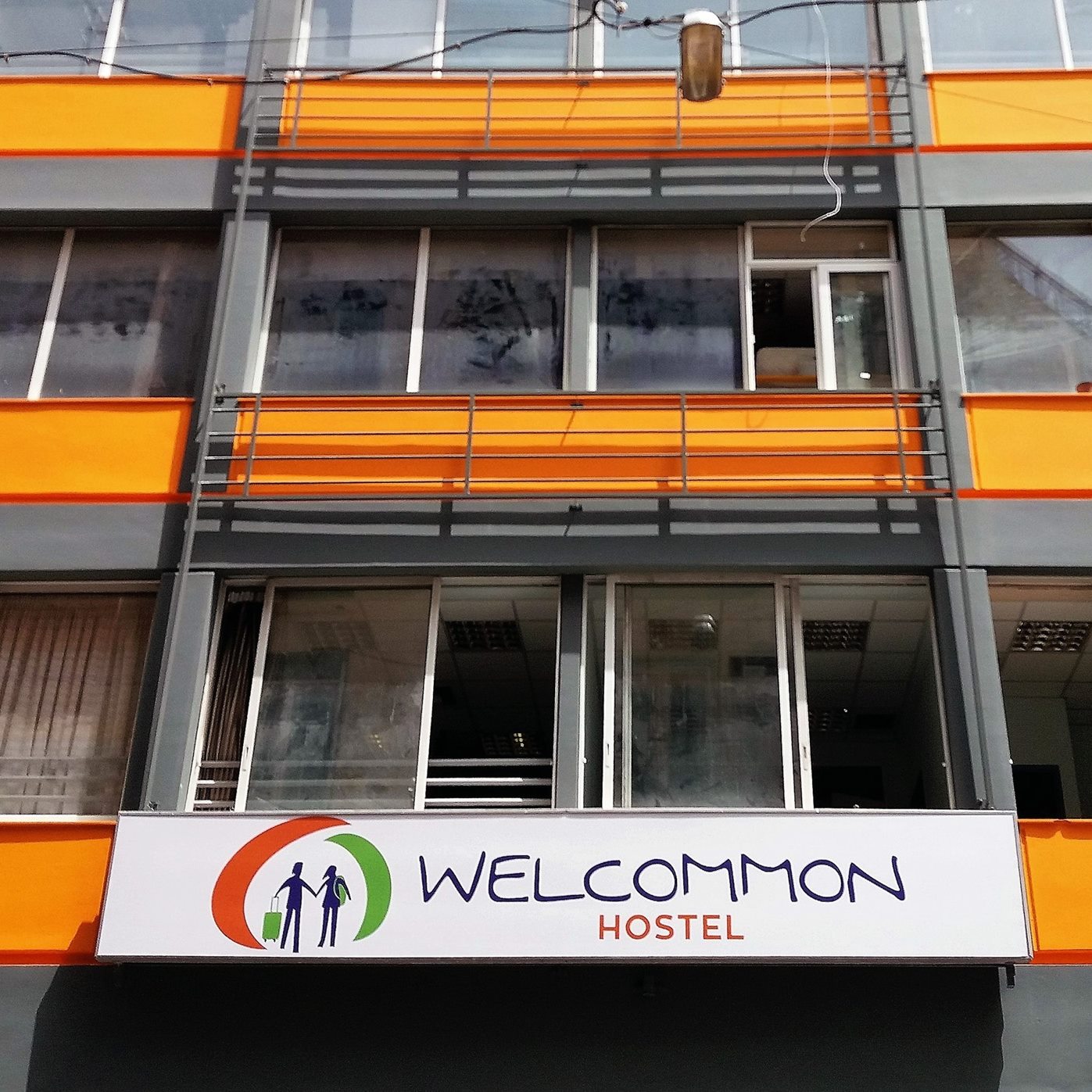
The Welcommon Hostel is a responsible hostel using tourism revenues to invest in social activities. First converted from a hospital into a refugee shelter, the
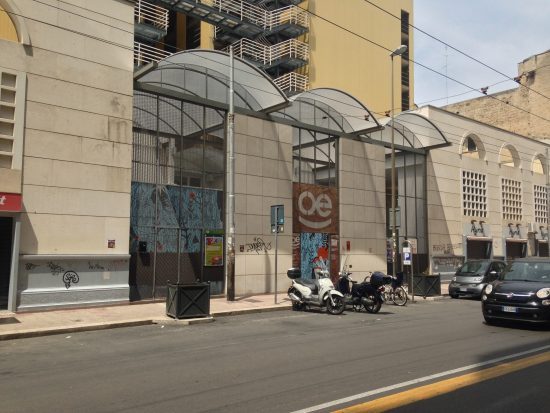
The City of Bari joined the Com.Unity.Lab Urbact network to be inspired by the Bip/Zip program to improve its local strategy. In this interview Vitandrea

The HALLO: collective aims to reactivate not publicly accessible spaces in the city of Hamburg. The collective organizes a yearly summer festival, HALLO: Festspiele, and
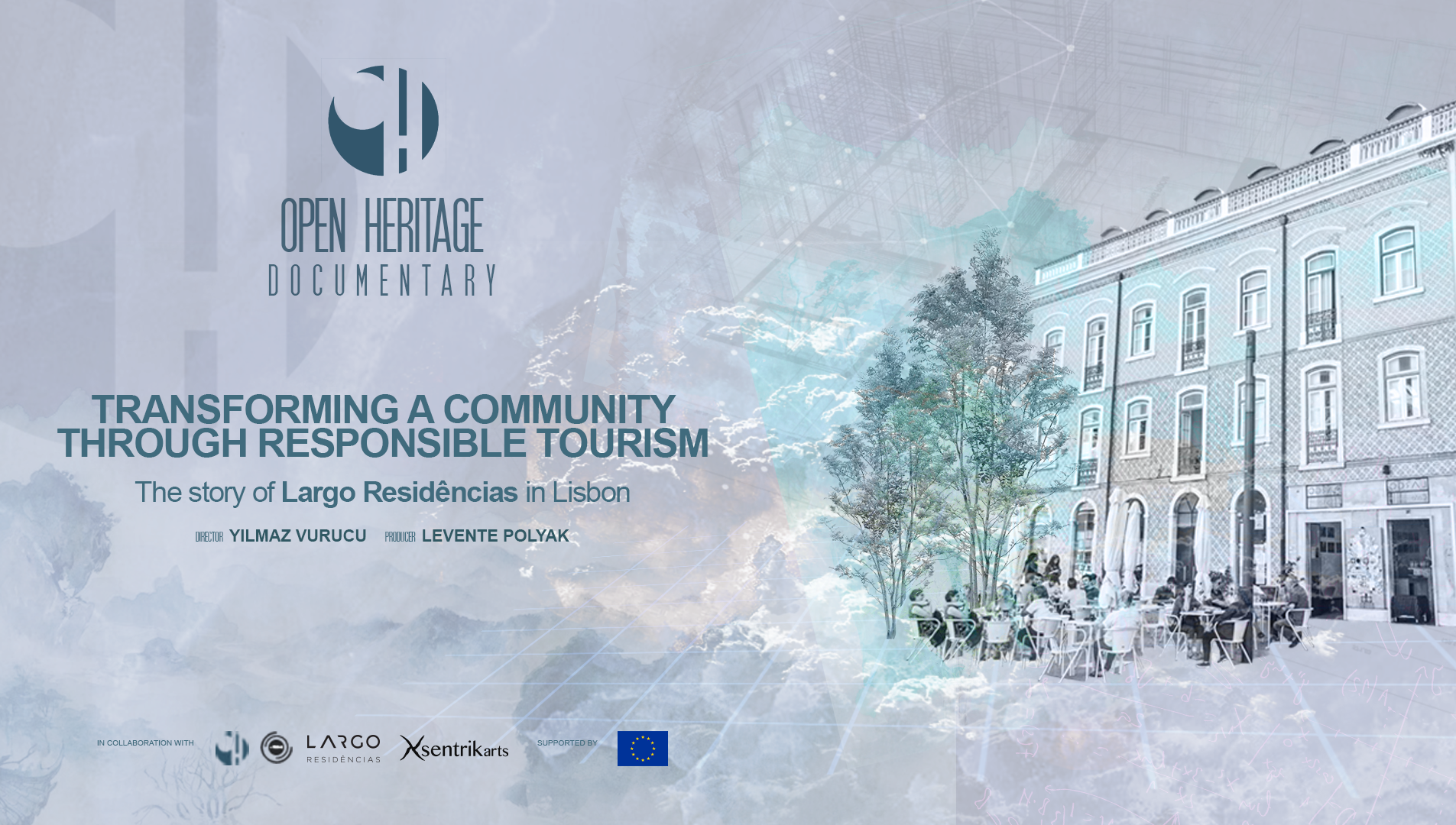
Largo Residências is a hostel, hotel, artist-in-residence and café in Lisbon’s fast-changing Intendente neighbourhood. Largo Residências, run by a cooperative, uses its revenue from tourism and events to develop projects to support the cultural and social inclusion of the most vulnerable groups. In the past years, Largo has become a social net for many of the area’s residents and a community as well as a community hub, leading the discussion about Lisbon’s touristification and gentrification. Endangered by the tourism-driven real estate development transforming the city’s historical areas, Largo has been working on opening new spaces for its activities.

Fusolab is a non-profit community hub in Rome’s Eastern periphery, offering educational activities within the arts, communication, technology, new media, sports and a variety of
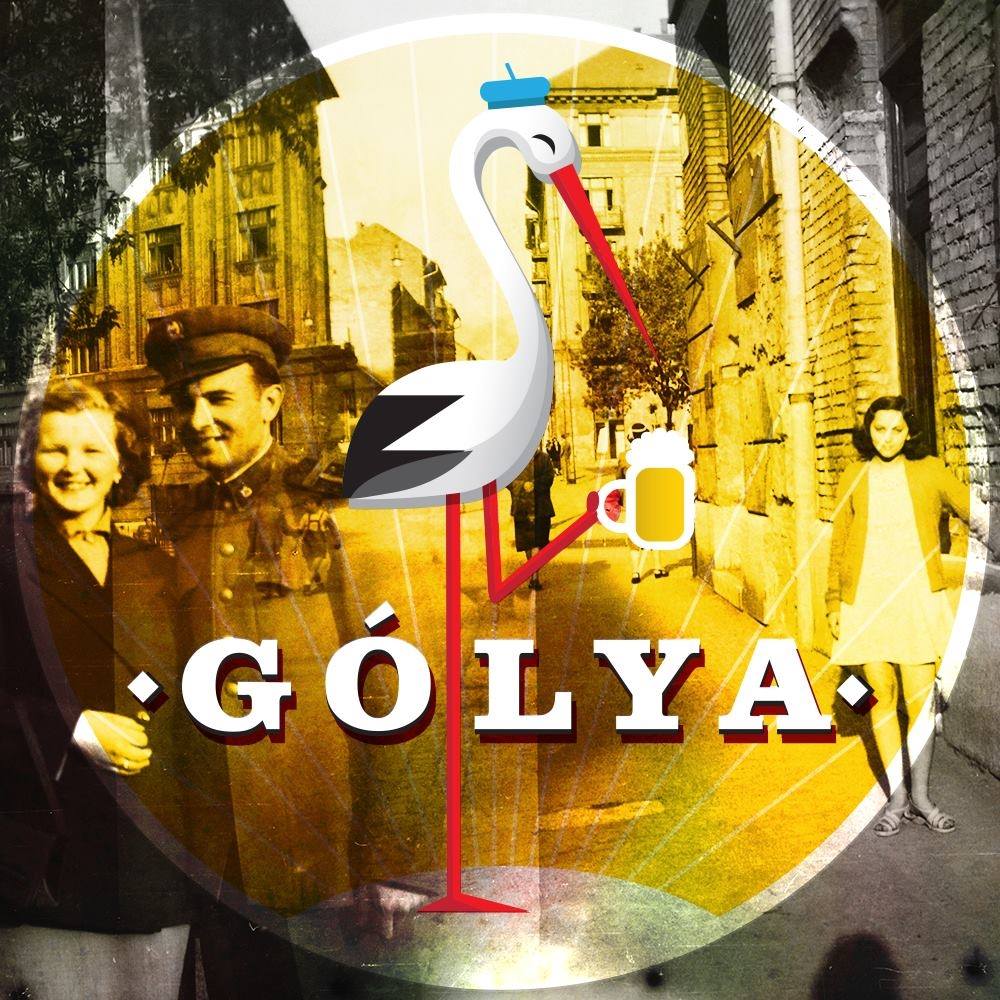
Gólya is a community house in Budapest. It has been working for six years on Bókay János utca in the 8th District, and currently it

Via Baltea is a multifunctional space initiated and run by Sumisura, a cooperative of architects and social workers who operate in the field of urban
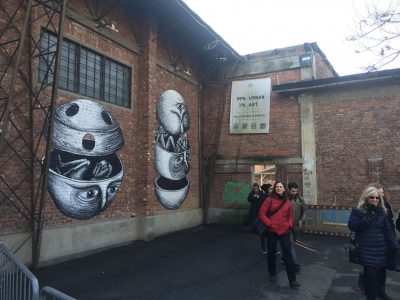
The Bunker is a cultural project launched by The Cultural Association URBE – Urban Regeneration and the Torino Quittengo Srl, owner of the area. Bunker

Deviszont is a community space located in the suburban area of Budapest. It offers non-formal educational activities and space for the socialization of disadvantaged working
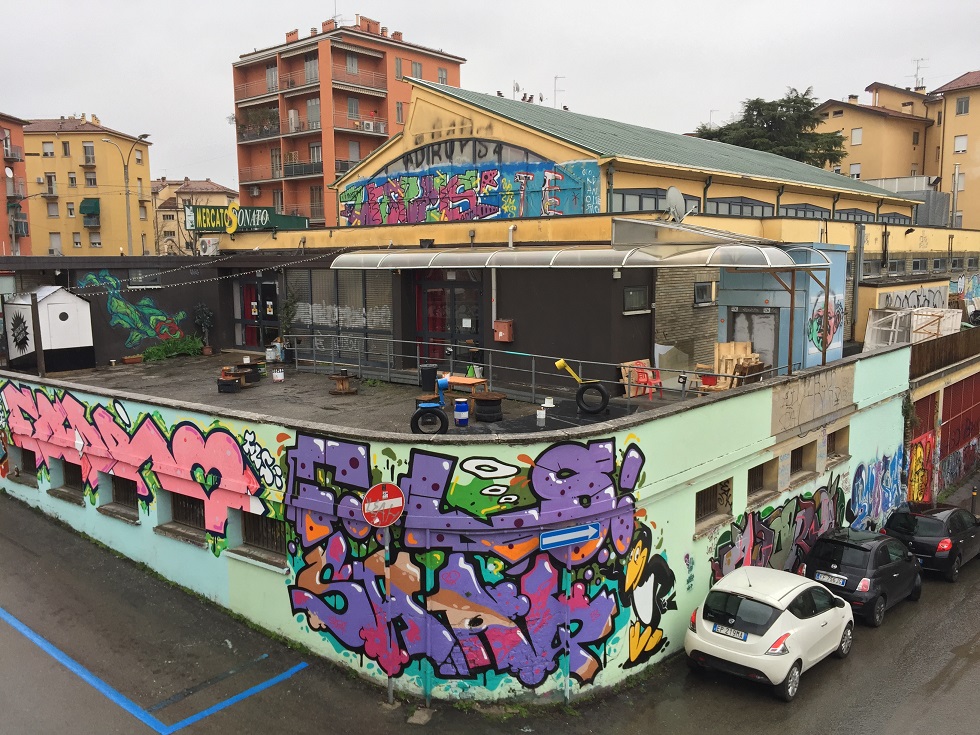
Mercato Sonato is a project to requalify an unused market hall in Bologna. It was developed by an association of musicians in need of a
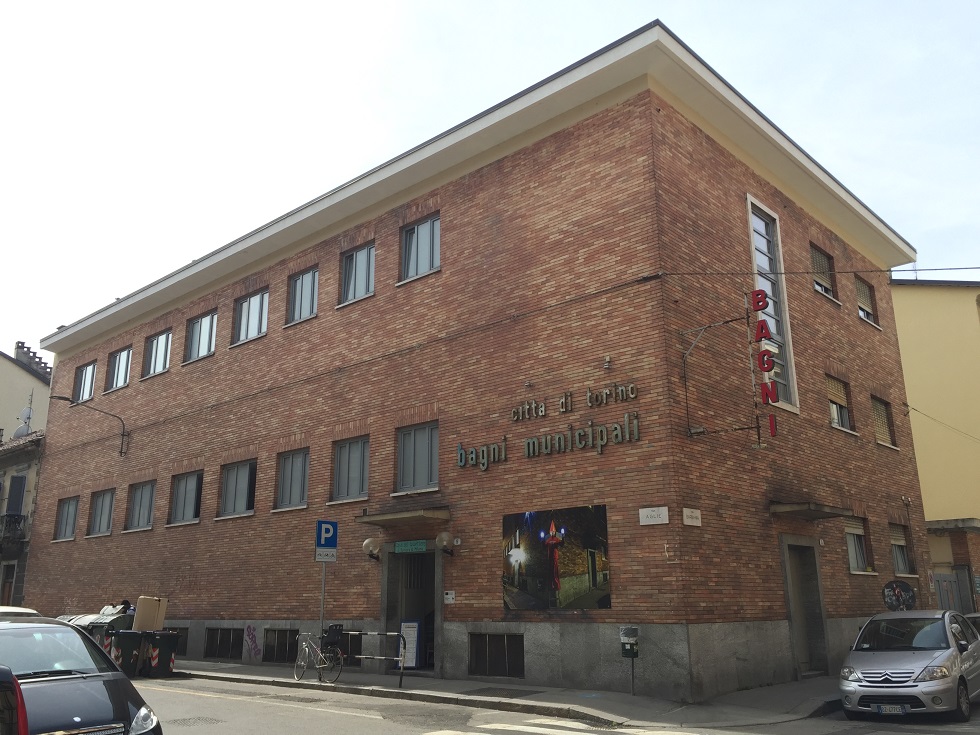
Bagni Pubblici di via Agliè 9 is a community space where more than 15 organizations, associations, traders, schools and institutions, work to improve the quality
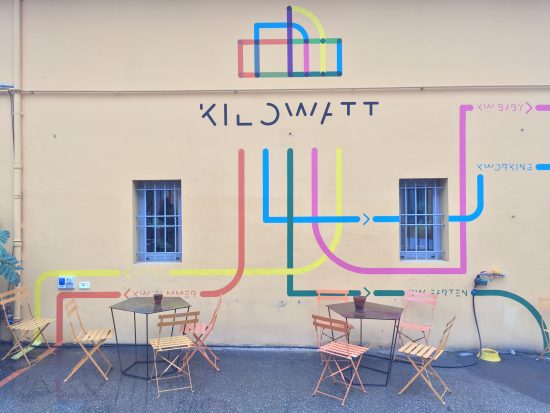
Kilowatt is a co-working space inside the Margherita Gardens in Bologna. Opened in 2012, it was developed through the Incredibol public tender and it became

Rossella Ferorelli introduces us to Spazio13: a real connector in the city of Bari, a container of innovation open to everybody, a space where everyone
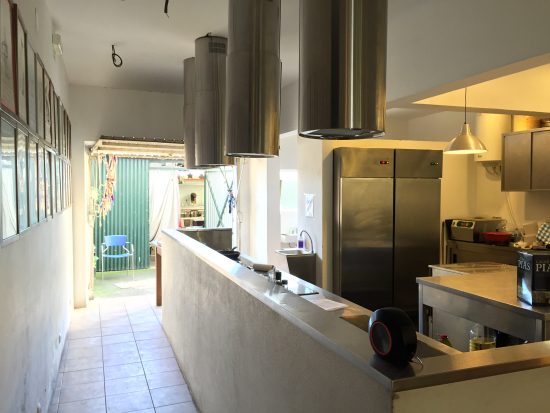
Adriana Freire is the founder of Cozinha Popular da Mouraria, a community kitchen started-up as a BIP/ZIP project. In this video she explains how a

Das Packhaus is a project of Paradocks an international think- and do-tank for reuse of vacant buildings inVienna. Since 2014 Das Packhaus has been showing
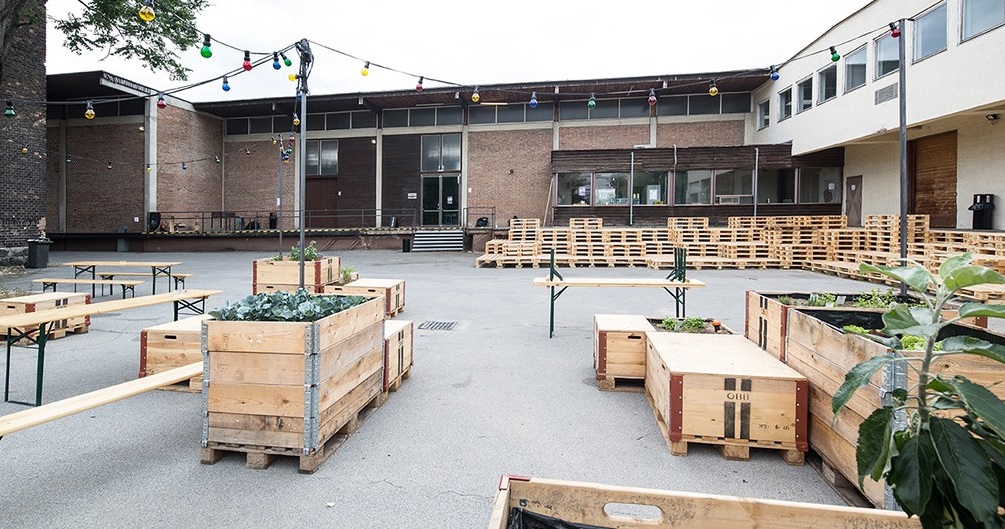
A former warehouse has become a living lab where the spatial and economical needs of small entrepreneurs are studied in order to promote mixed-use spaces
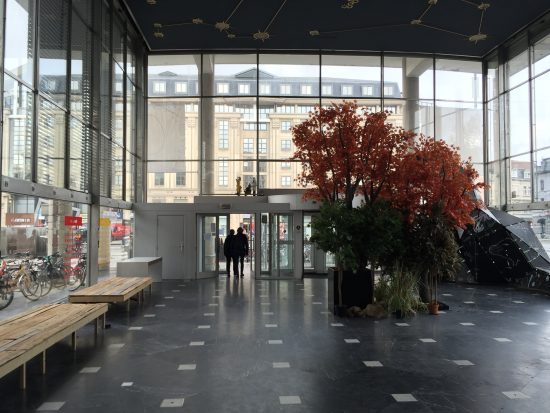
NEST is a temporary use project in the former City Library of Ghent awaiting refurbishment and a new use. The 7,000 m2 building, was given
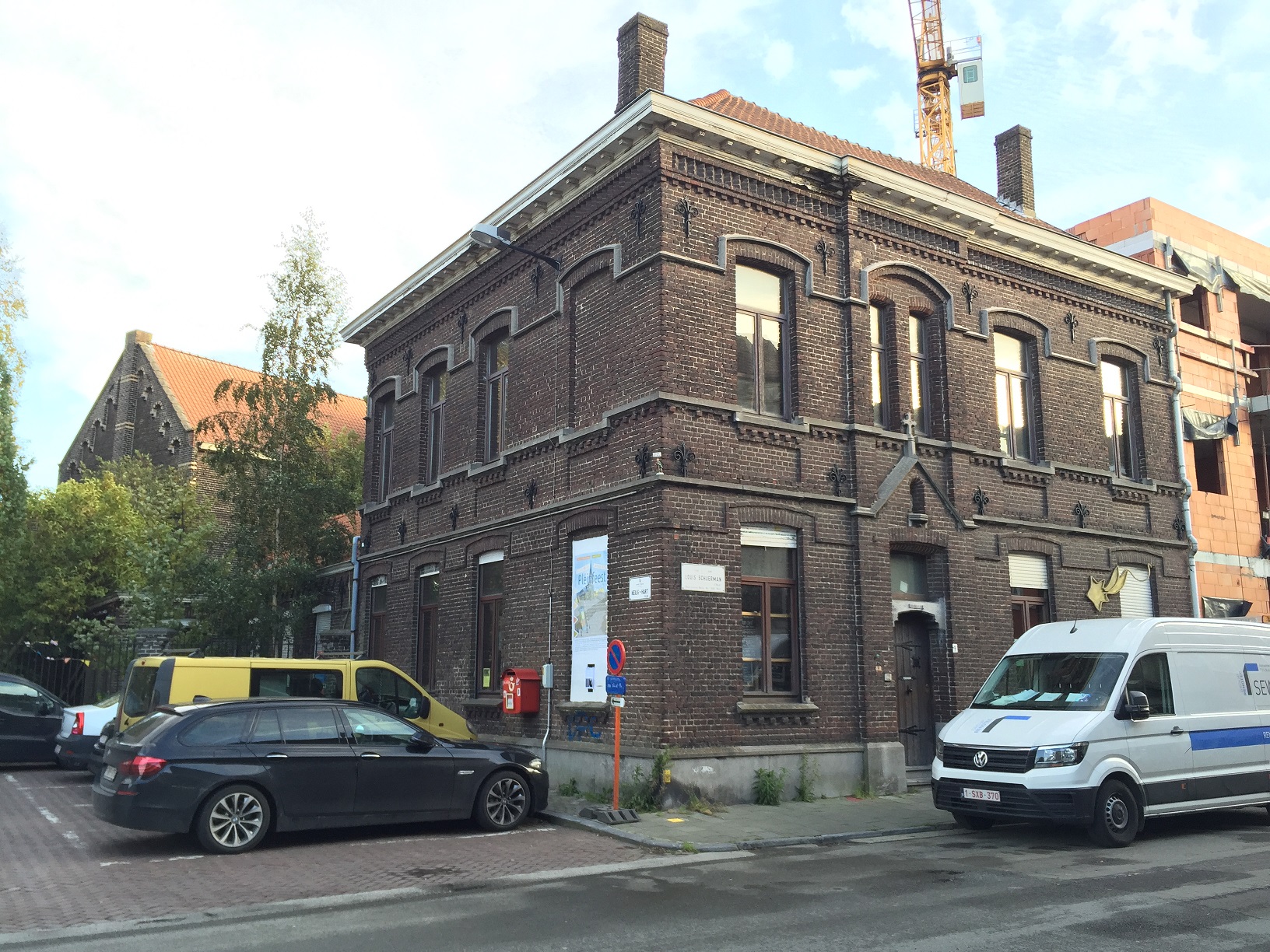
De Pastory was created in 2015 in an old presbytery building and the garden on Ghent’s Heilig Hartplein. Born from a movement of local residents

Il Mercato Lorenteggio si insedia nel quartiere Giambellino-Lorenteggio nella periferia sud-ovest di Milano. L’esperienza nasce per accompagnare e valorizzare le risorse sociali e culturali di
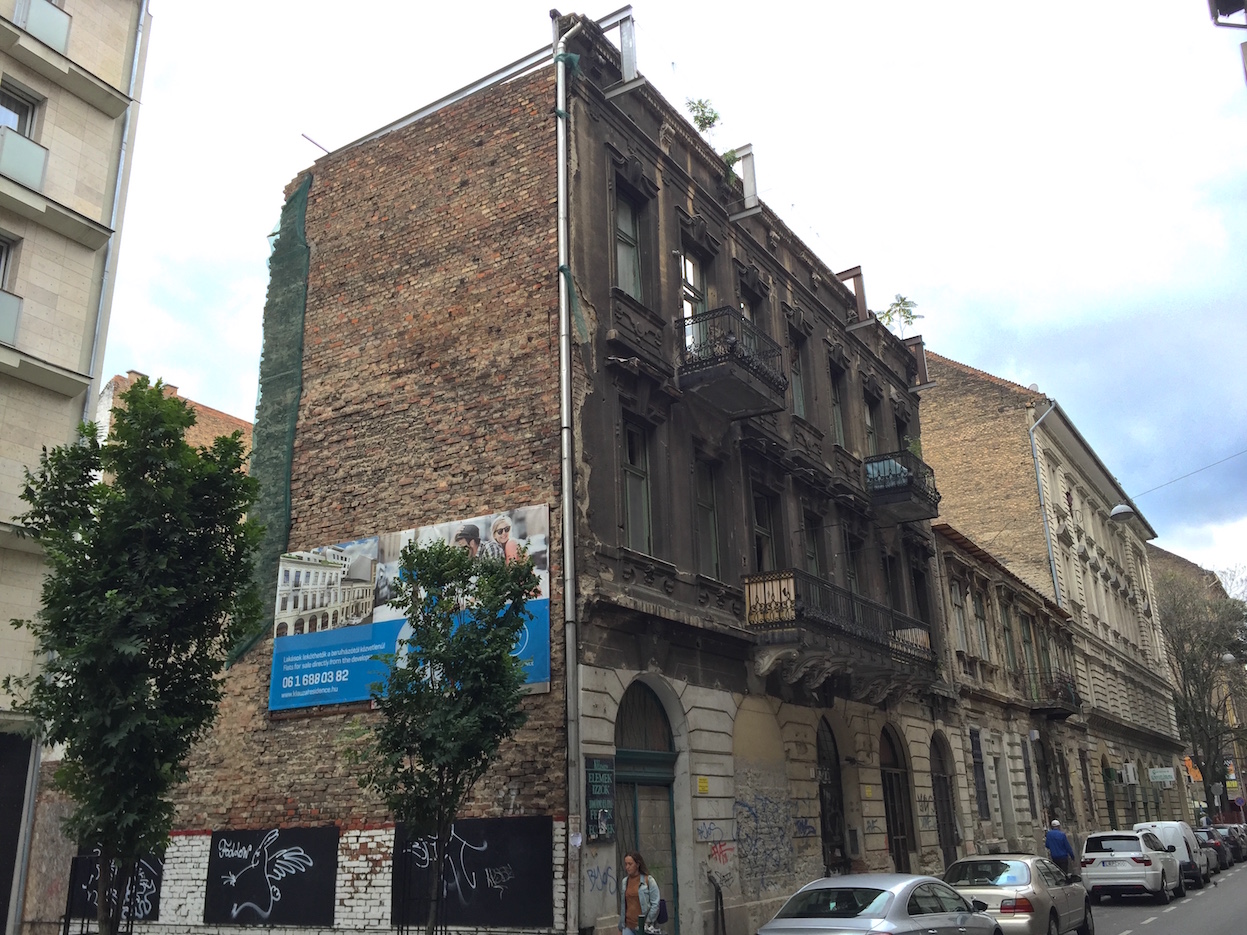
In the early 2000s, some cities in the Central Eastern European region began to introduce new mechanisms for citizen participation in urban development. These attempts
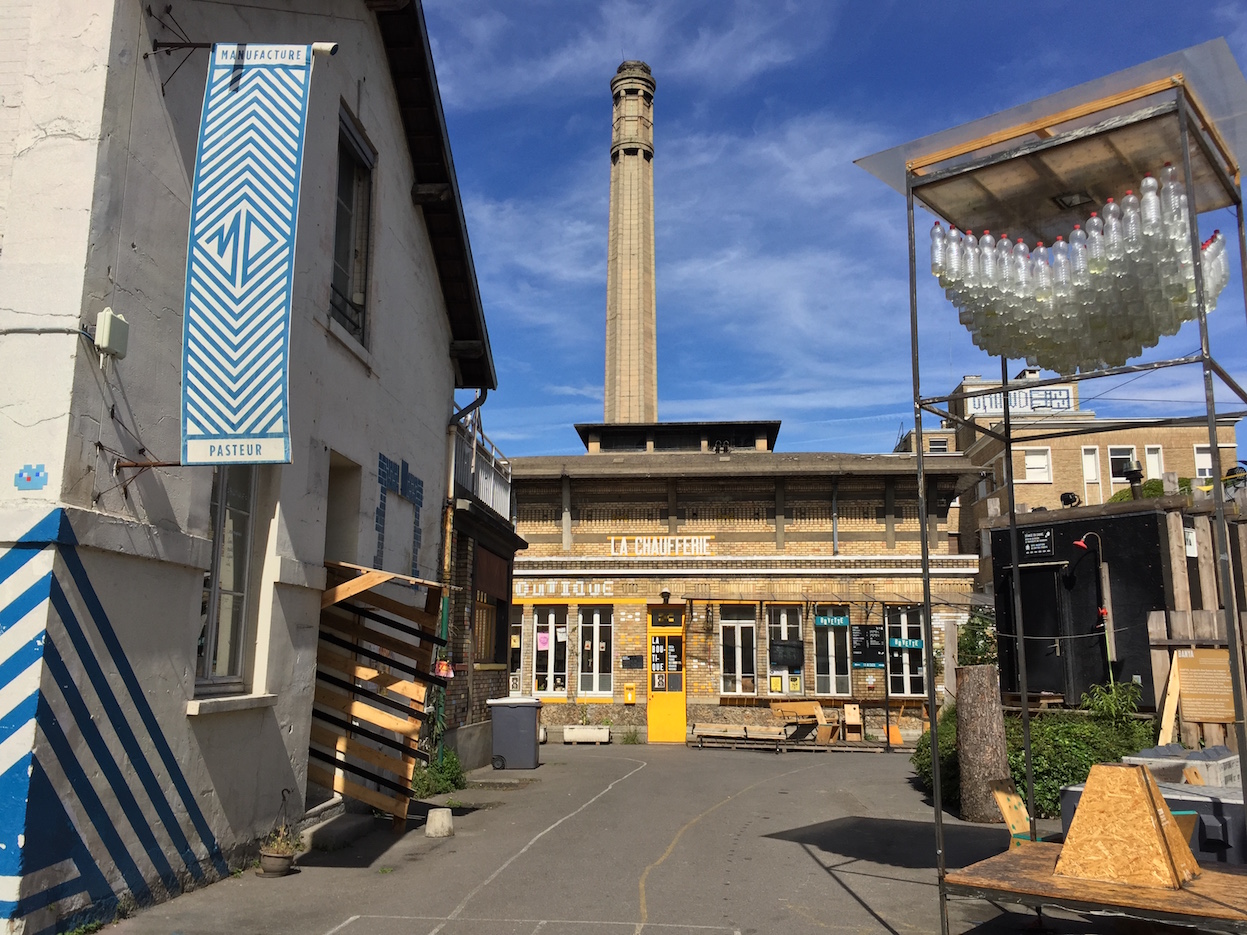
Plateau Urbain is a temporary use organisation in Paris. Established in 2013, it examines the possibilities of vacant spaces in the city, bringing together property
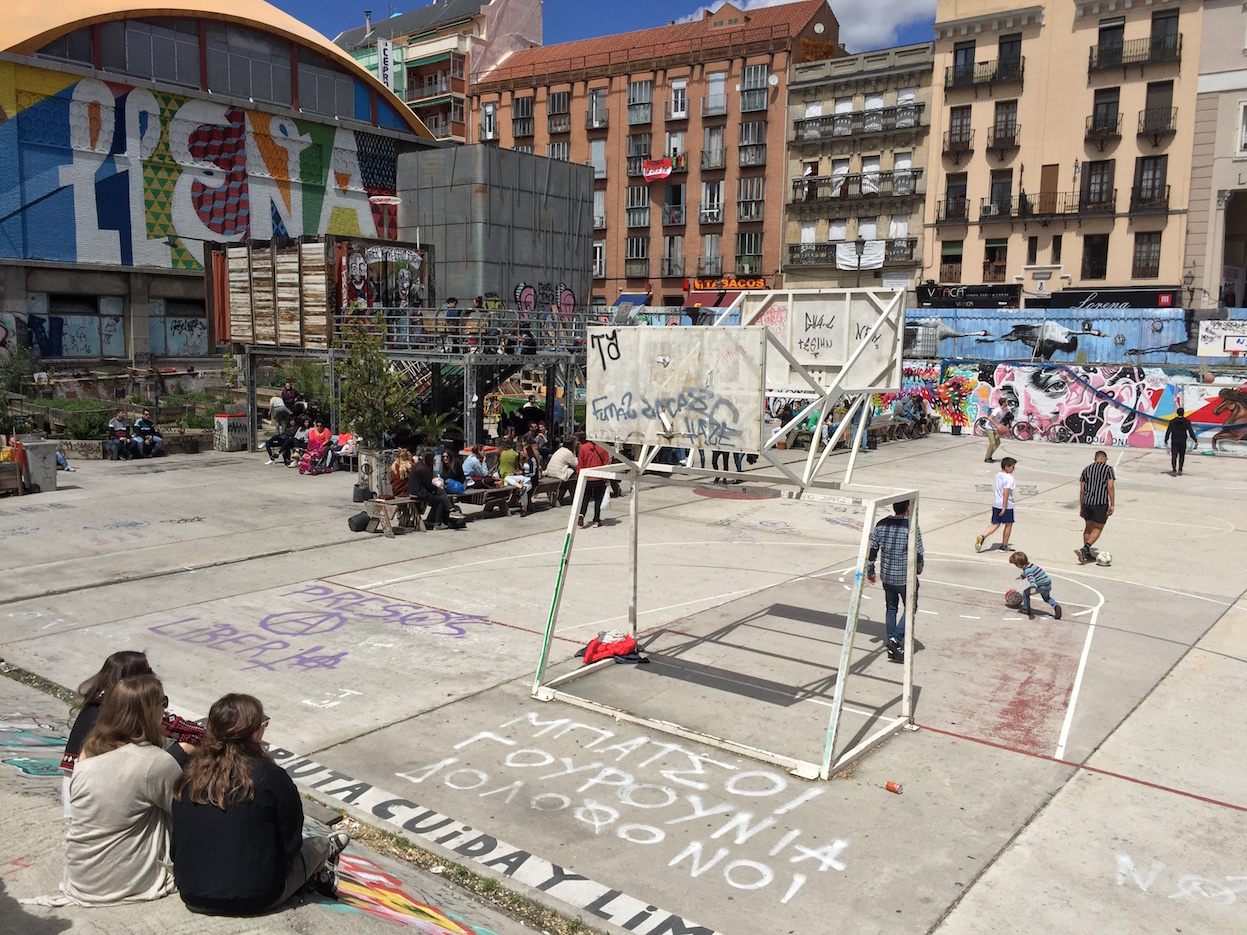
Southern European countries were among the hardest hit by the 2008 economic crisis. In response to the economic pressure, declining public services and drastic unemployment
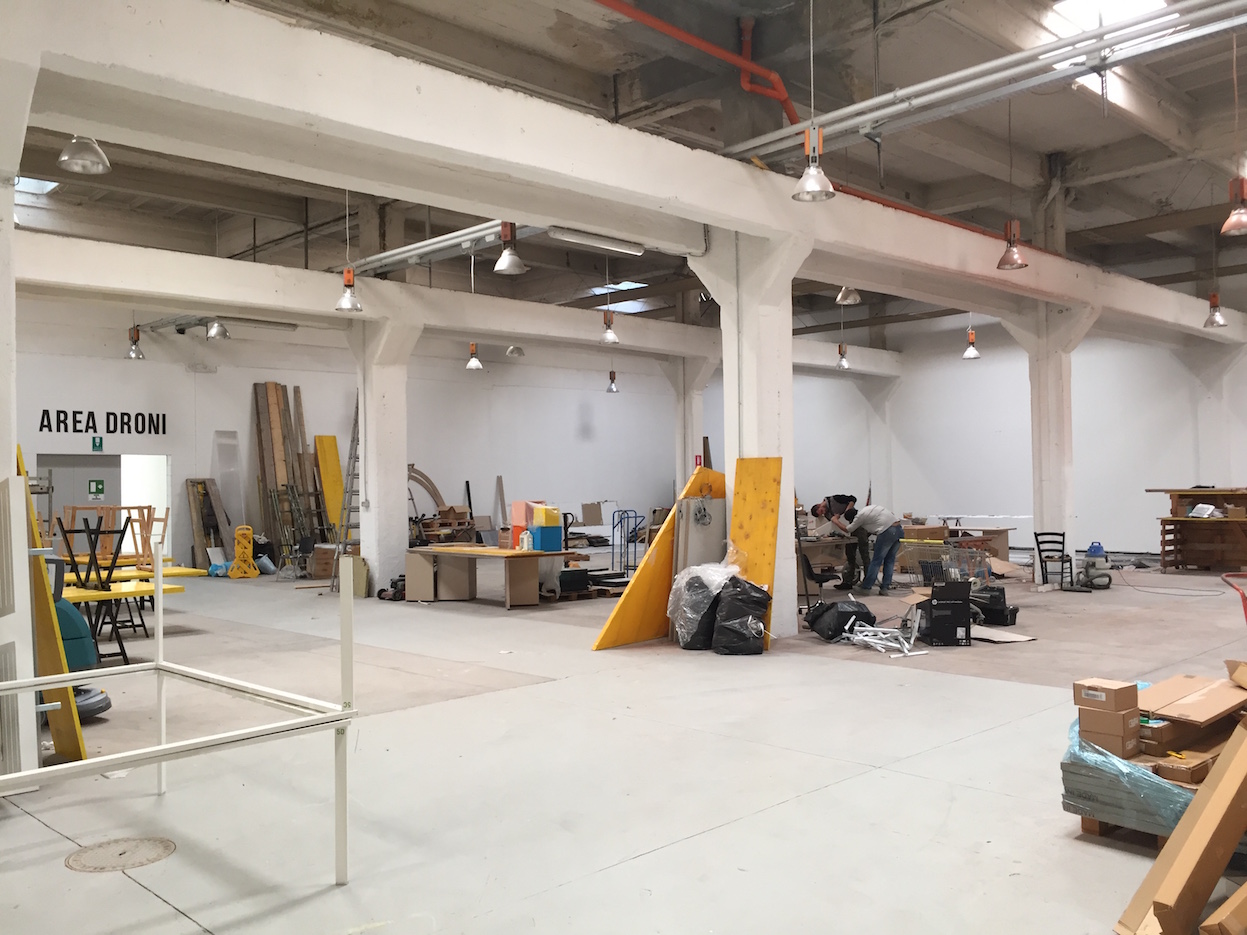
Toolbox was established in 2010 in an industrial zone of Turin. In the city’s postindustrial search for new identity and new jobs, Toolbox emerged as

MAR Movilidad is the mobility hub of the Mares Madrid project, an initiative by the city of Madrid, co-funded by the European Union’s Urban Innovative
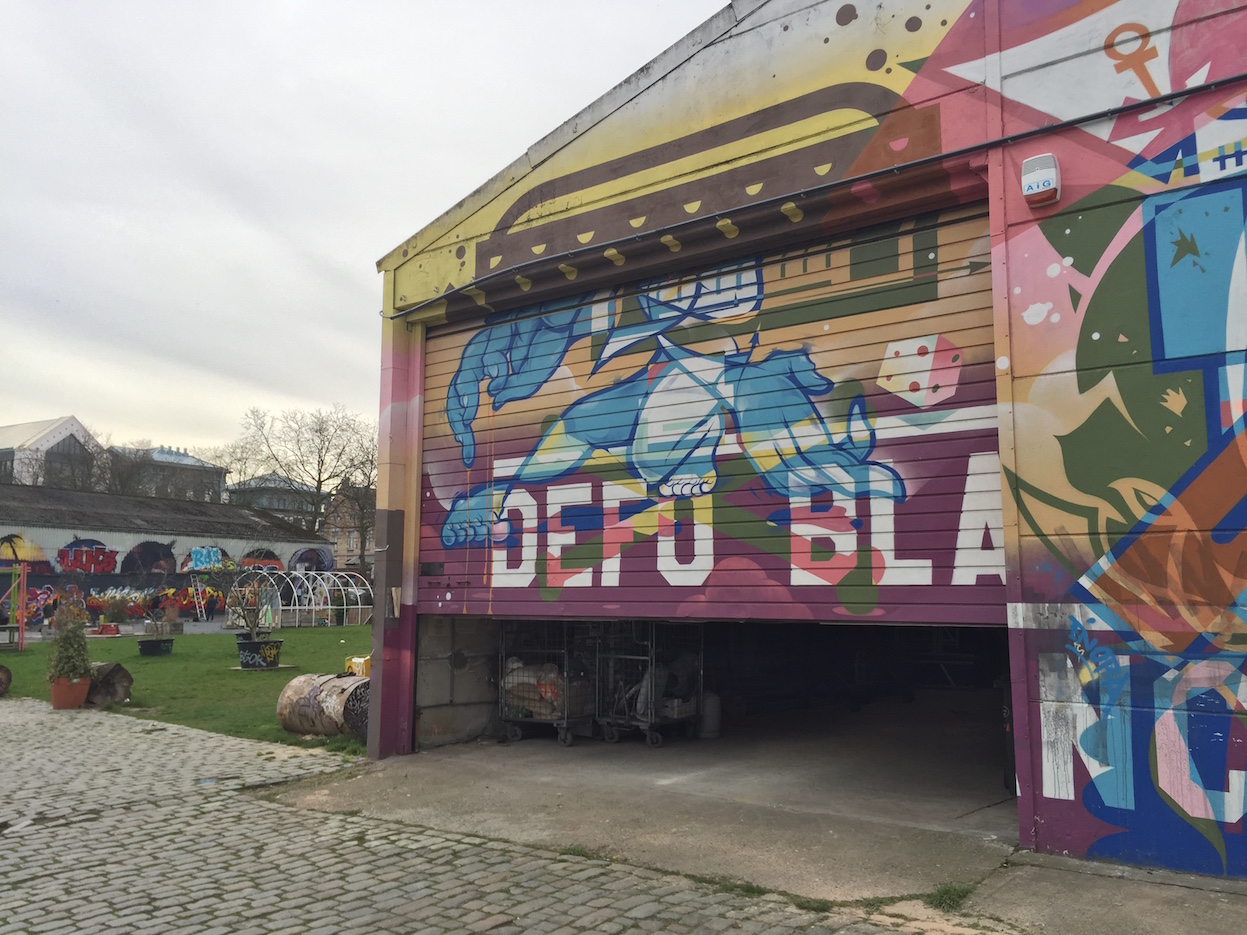
Toestand is a temporary use organisation in Brussels, helping citizen activities and community groups access spaces at an affordable rent or for free. While the
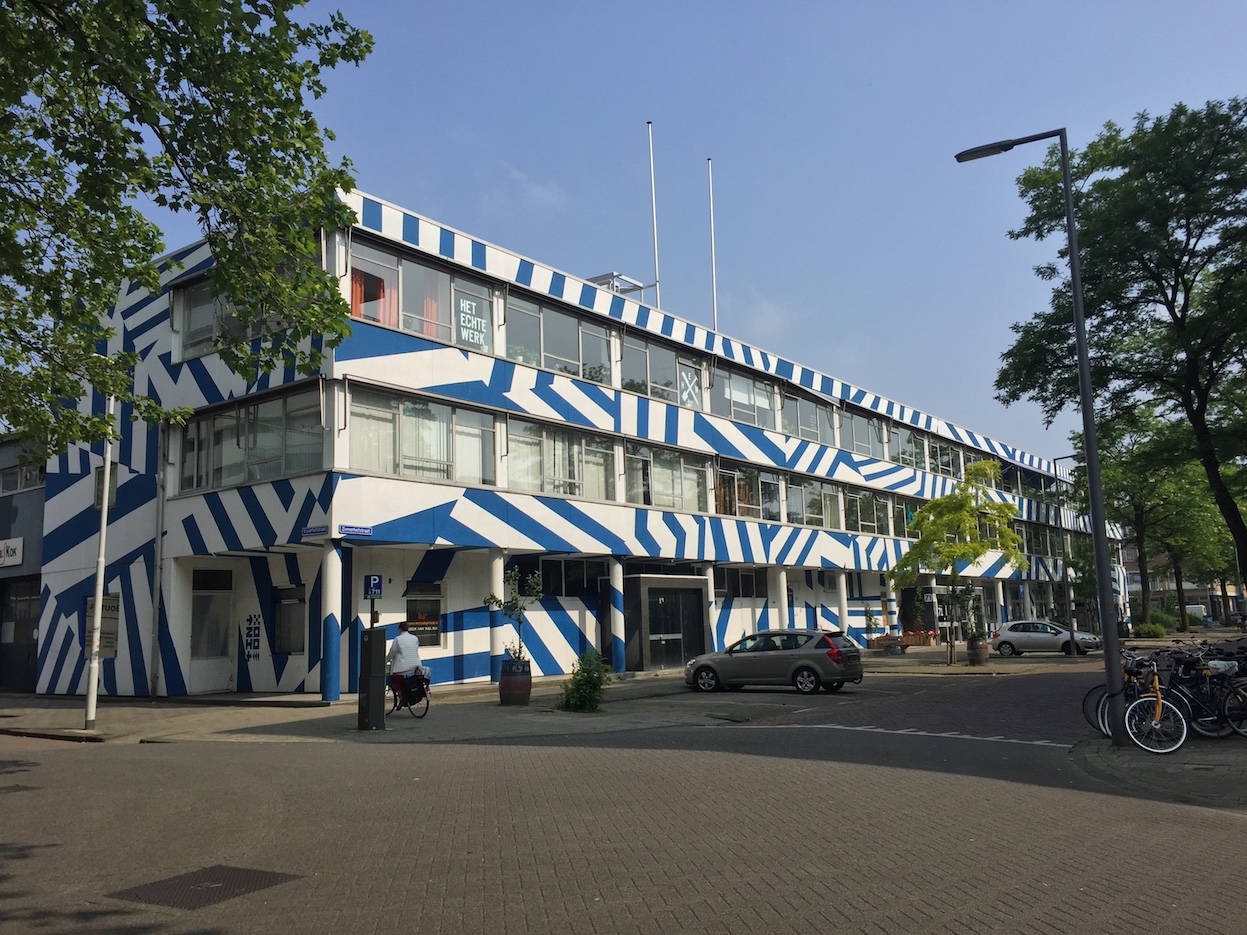
ZOHO or the Zomerhofkwartier near Rotterdam’s Central Station has witnessed a significant revival in the past years. The area is composed of office buildings constructed

The Jurányi Incubator House brings together dozens of theatre groups, associations and creative companies in a former school building owned by the Budapest Municipality. The

Paralelní Polis is a community space organised around the notions of bitcoin and blockchain technology. Located in Prague’s upcoming Holesovice neighbourhood, it opened its doors
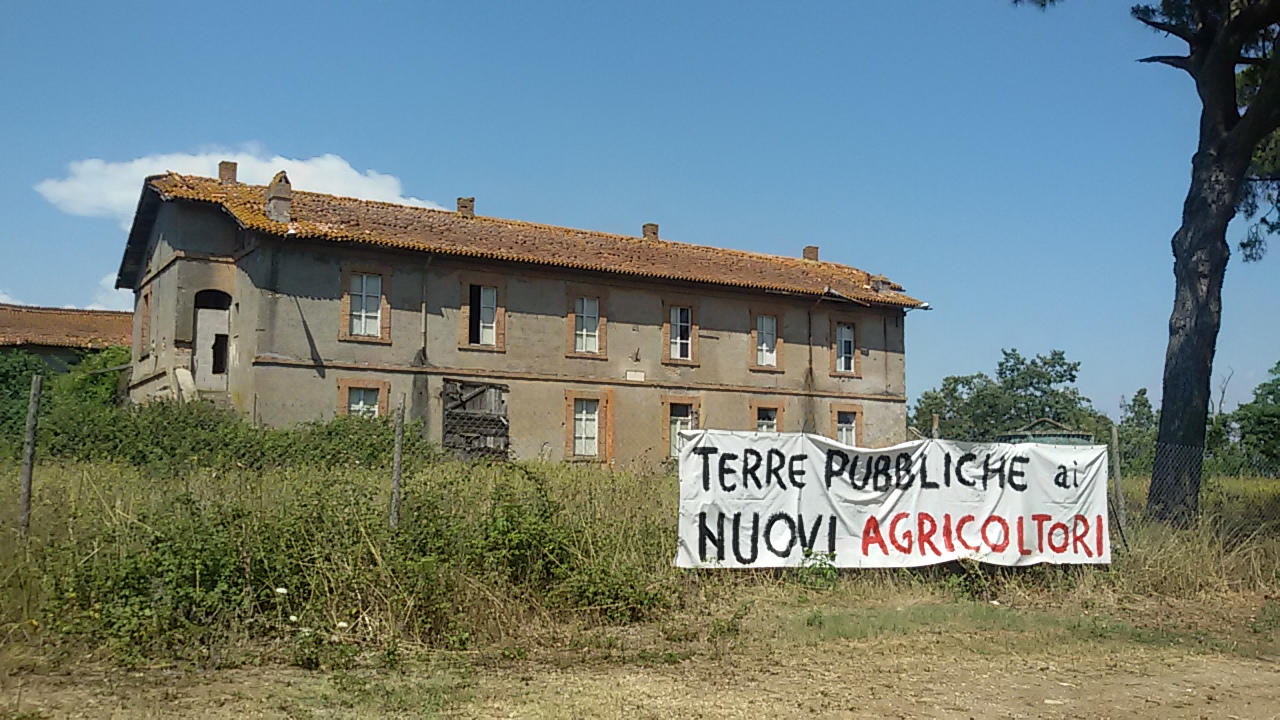
A due passi dalla Trionfale si estende la tenuta agricola di Borghetto San Carlo. Un angolo di campagna a Roma Nord, Borghetto San Carlo racchiude
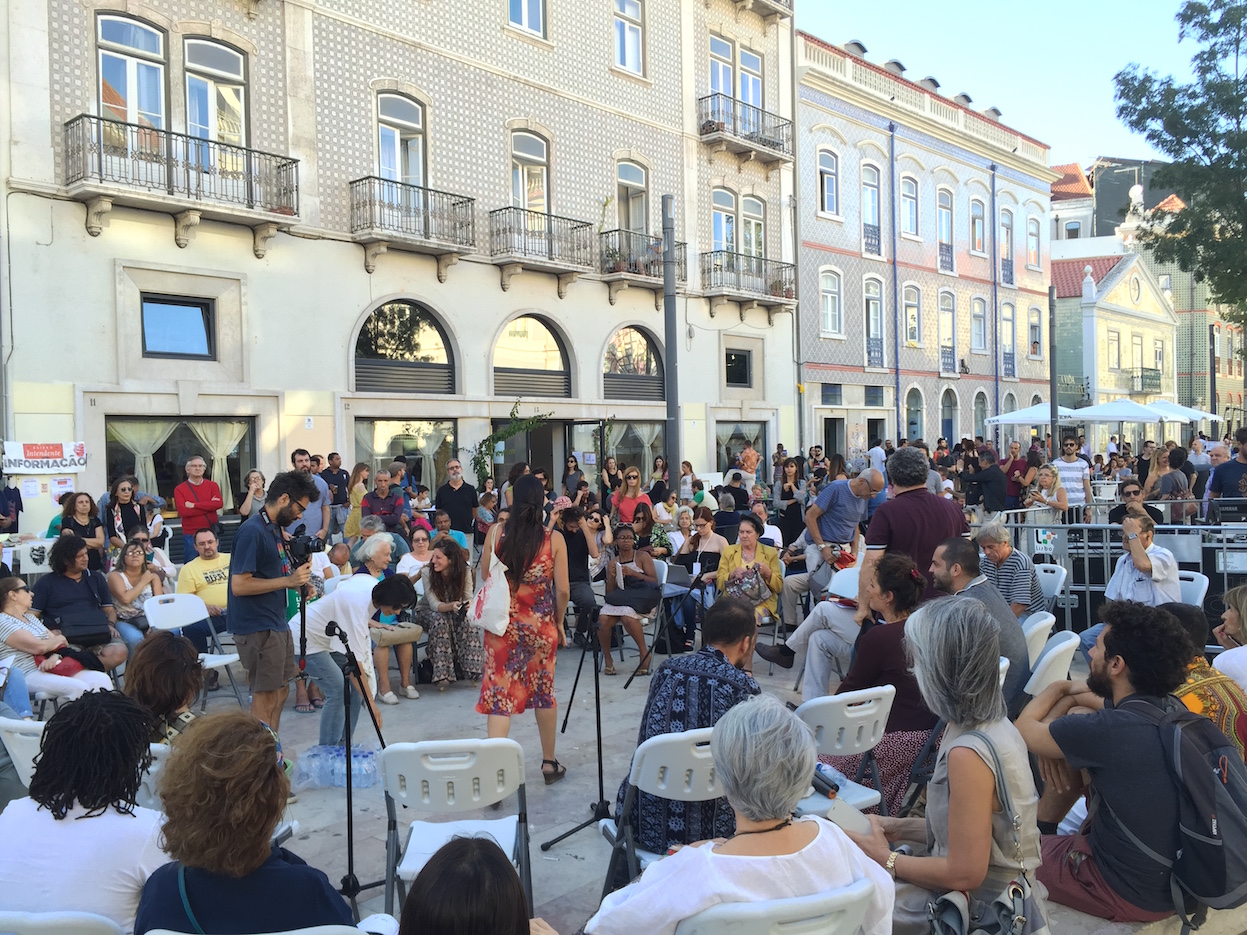
Civic initiatives regenerating urban areas emerged all over Europe as an answer to the crisis of traditional urban policies. Often they share a conflicting attitude
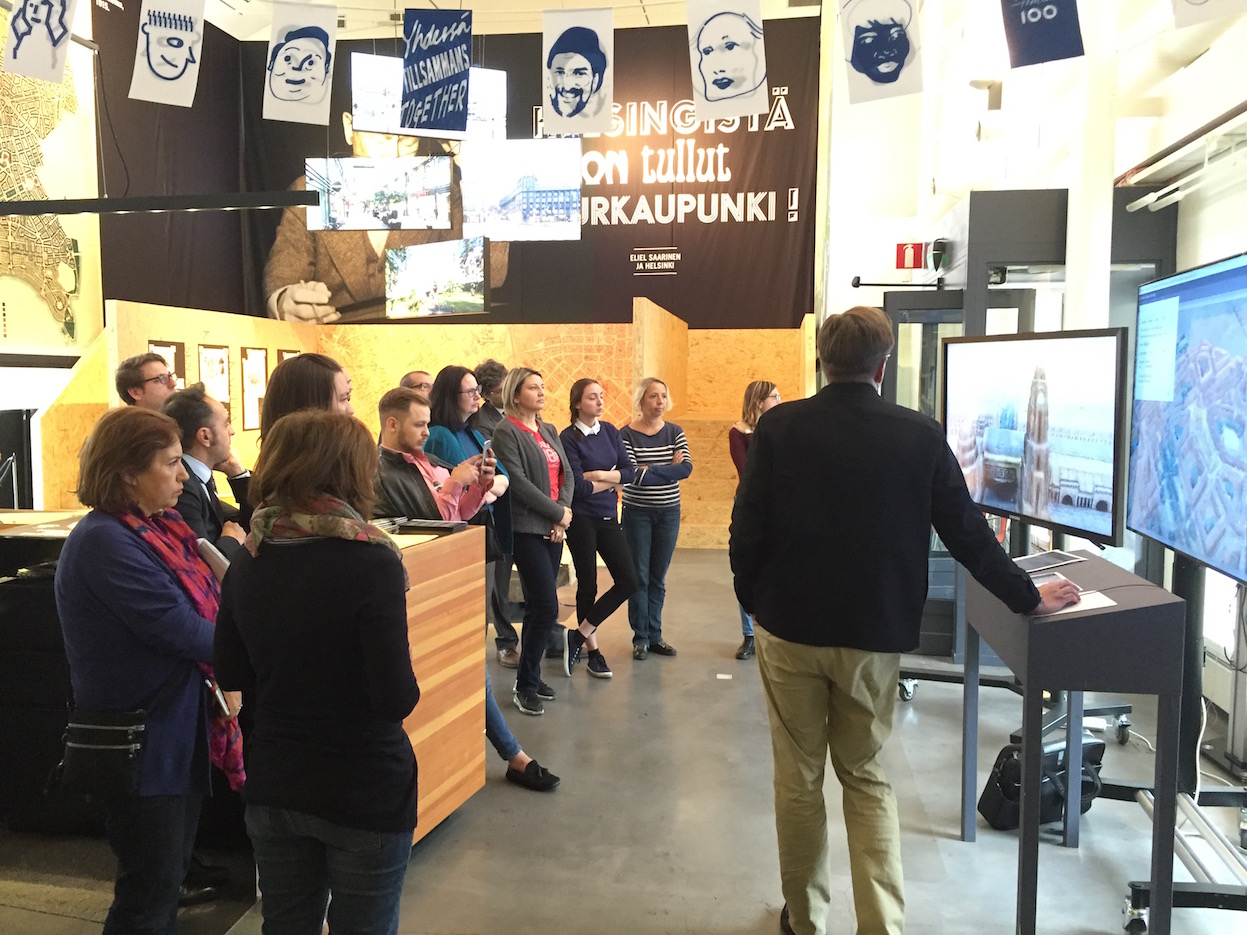
Laituri is an urban information centre in Helsinki established in 2008. Attached to the Helsinki Municipality’s city planning department, Laituri helps disseminating information about the

The international debate on the commons has a long history but only in recent years has it started gearing towards the definition of Urban Commons
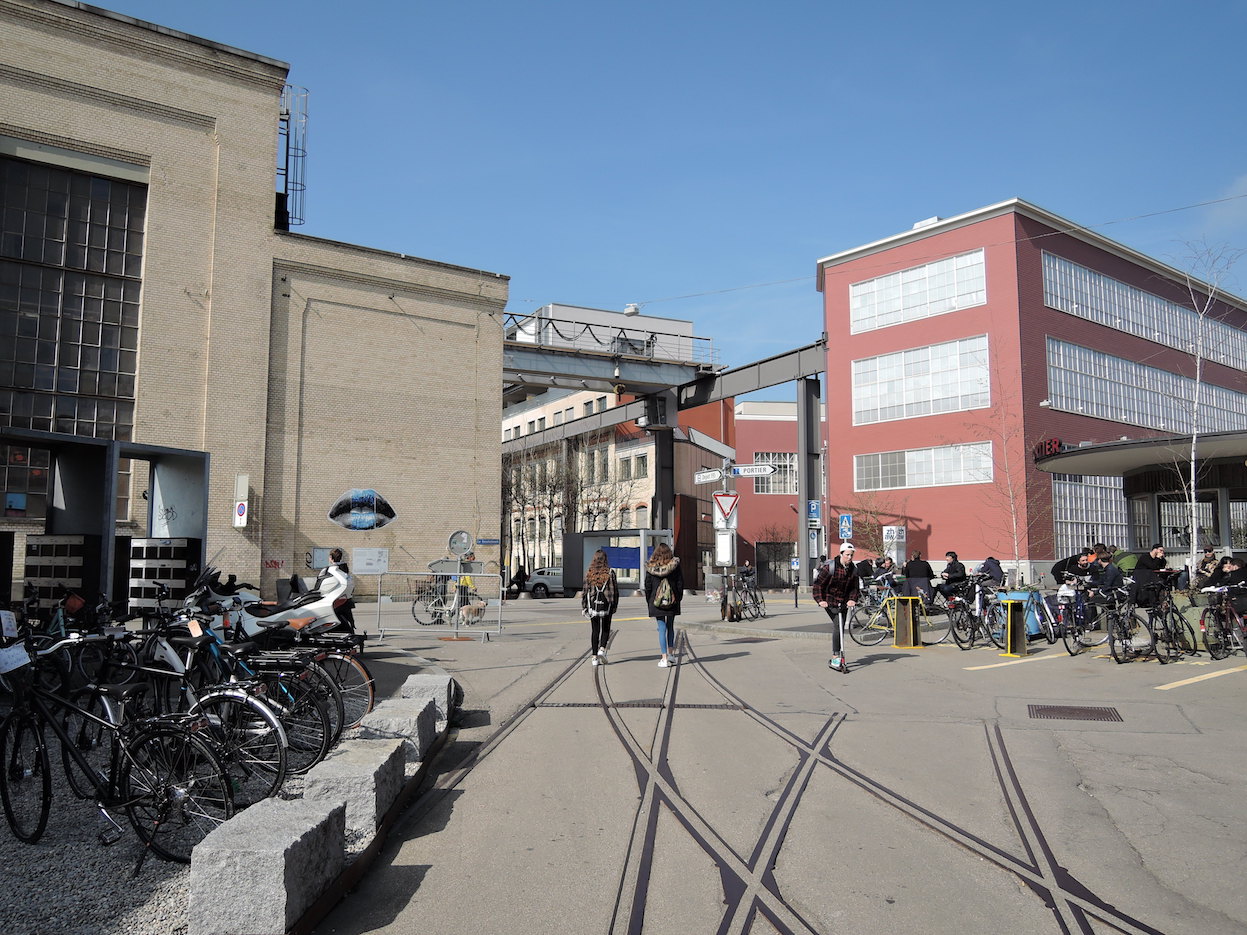
While affordable space for housing and community activities in Europe has traditionally been provided by states, public companies and private corporations, the transformation of the

Stad in de Maak is an association set up to take on the redevelopment of vacant properties in Central Rotterdam, together with the local community.

Locality is the national network of ambitious and enterprising community organisations, working together so neighbourhoods thrive. They support organisations to work effectively through best practice
© Copyright 2017 – 2025 by Eutropian GmbH. All rights reserved. I Imprint / Disclaimer | Data Privacy Policy | Contact
| Cookie | Duration | Description |
|---|---|---|
| cookielawinfo-checkbox-analytics | 11 months | This cookie is set by GDPR Cookie Consent plugin. The cookie is used to store the user consent for the cookies in the category "Analytics". |
| cookielawinfo-checkbox-functional | 11 months | The cookie is set by GDPR cookie consent to record the user consent for the cookies in the category "Functional". |
| cookielawinfo-checkbox-necessary | 11 months | This cookie is set by GDPR Cookie Consent plugin. The cookies is used to store the user consent for the cookies in the category "Necessary". |
| cookielawinfo-checkbox-others | 11 months | This cookie is set by GDPR Cookie Consent plugin. The cookie is used to store the user consent for the cookies in the category "Other. |
| cookielawinfo-checkbox-performance | 11 months | This cookie is set by GDPR Cookie Consent plugin. The cookie is used to store the user consent for the cookies in the category "Performance". |
| viewed_cookie_policy | 11 months | The cookie is set by the GDPR Cookie Consent plugin and is used to store whether or not user has consented to the use of cookies. It does not store any personal data. |
